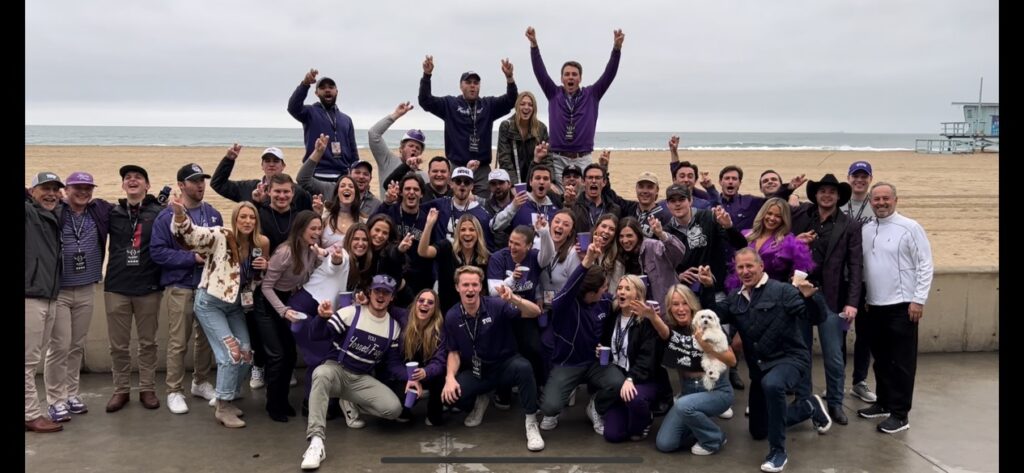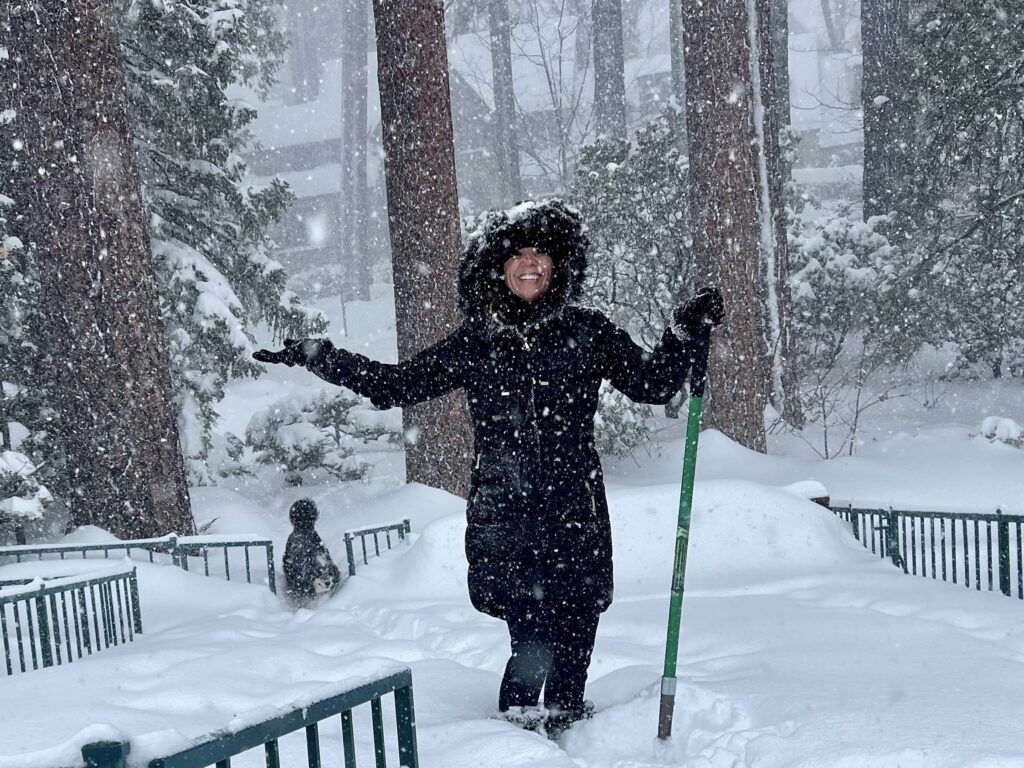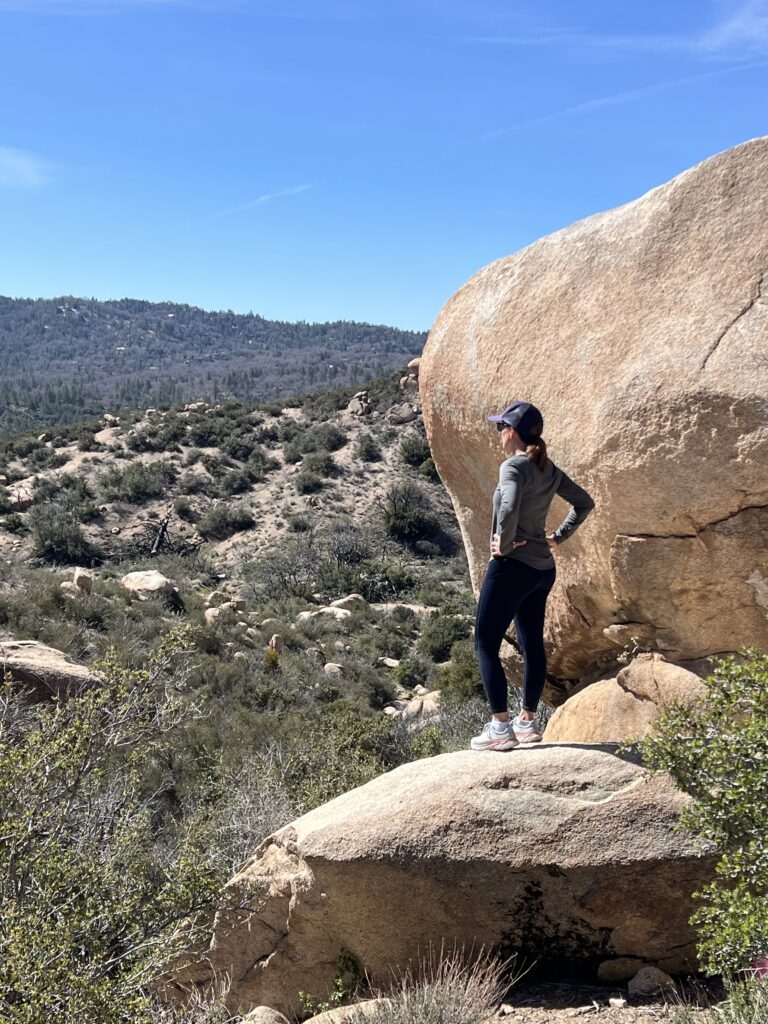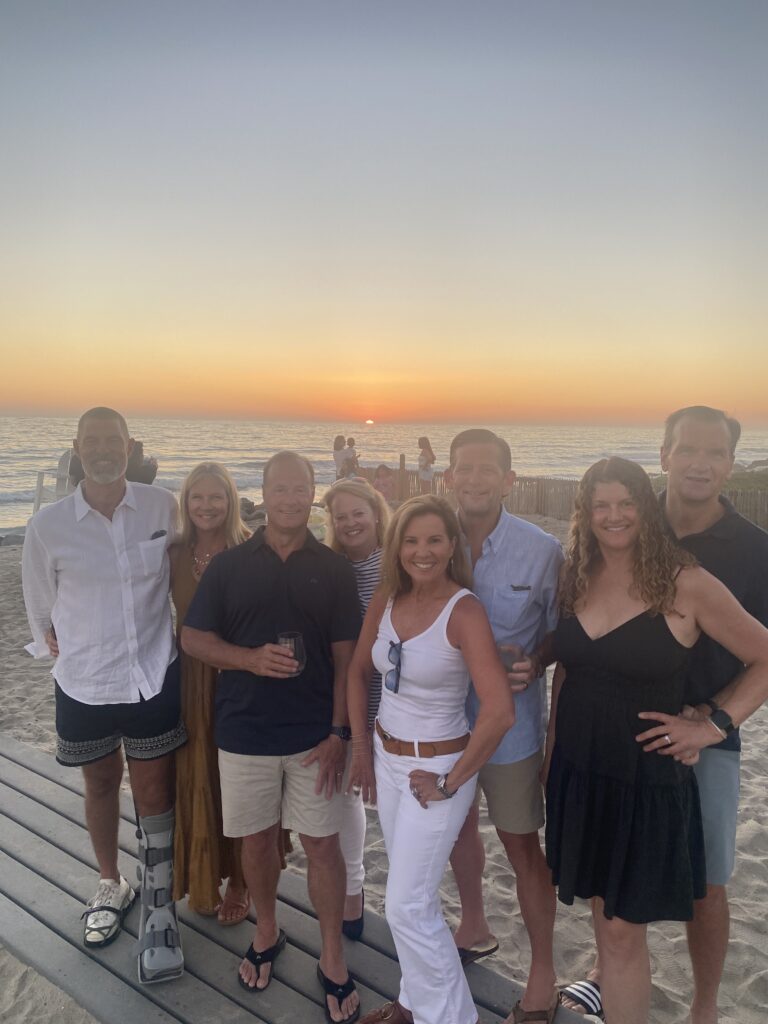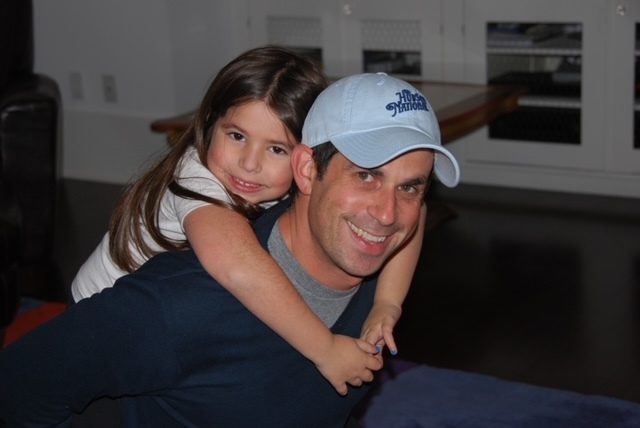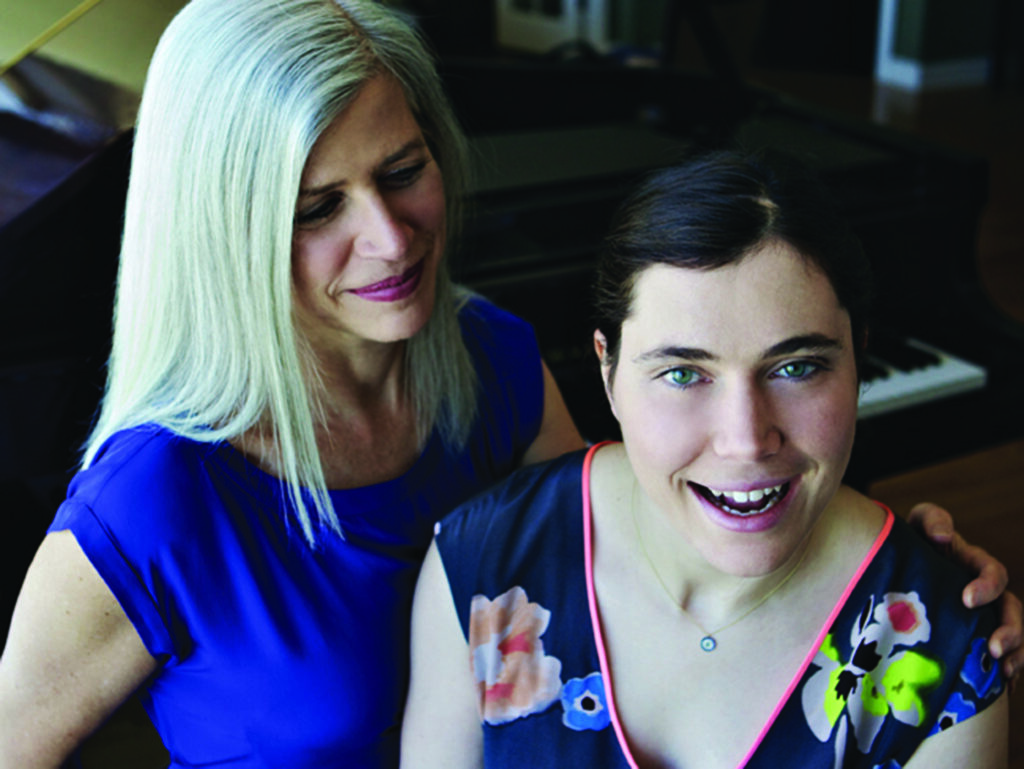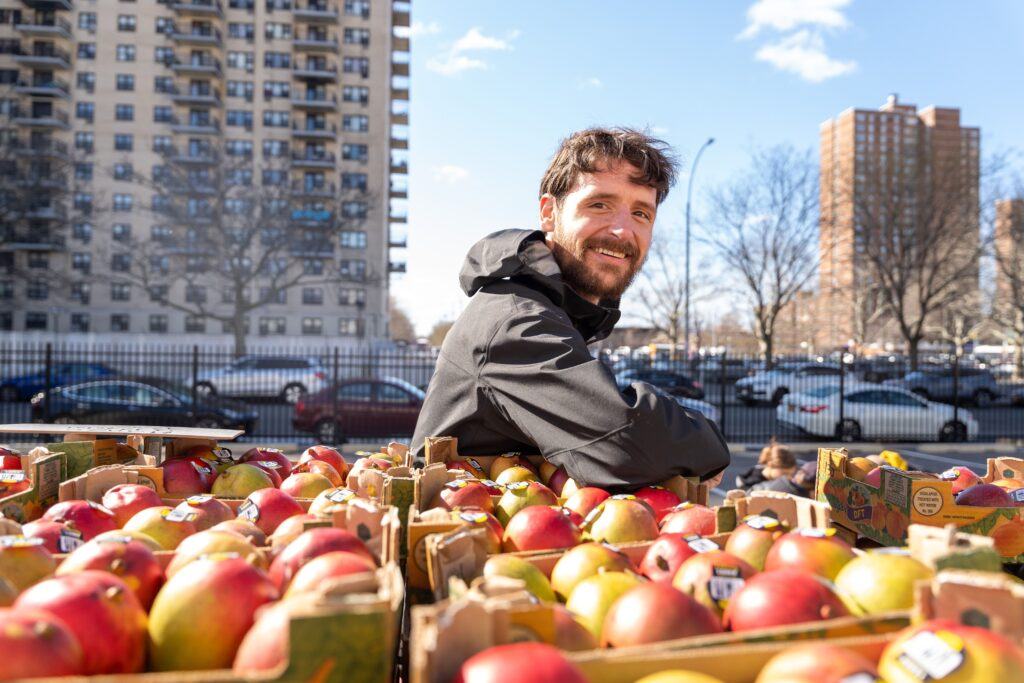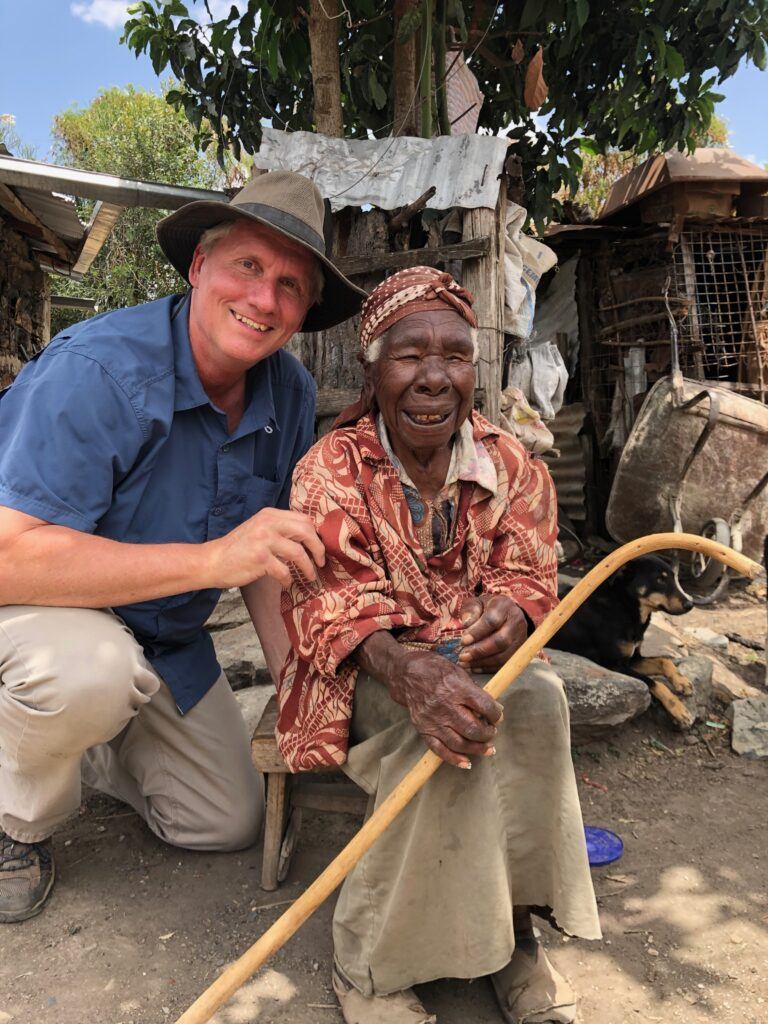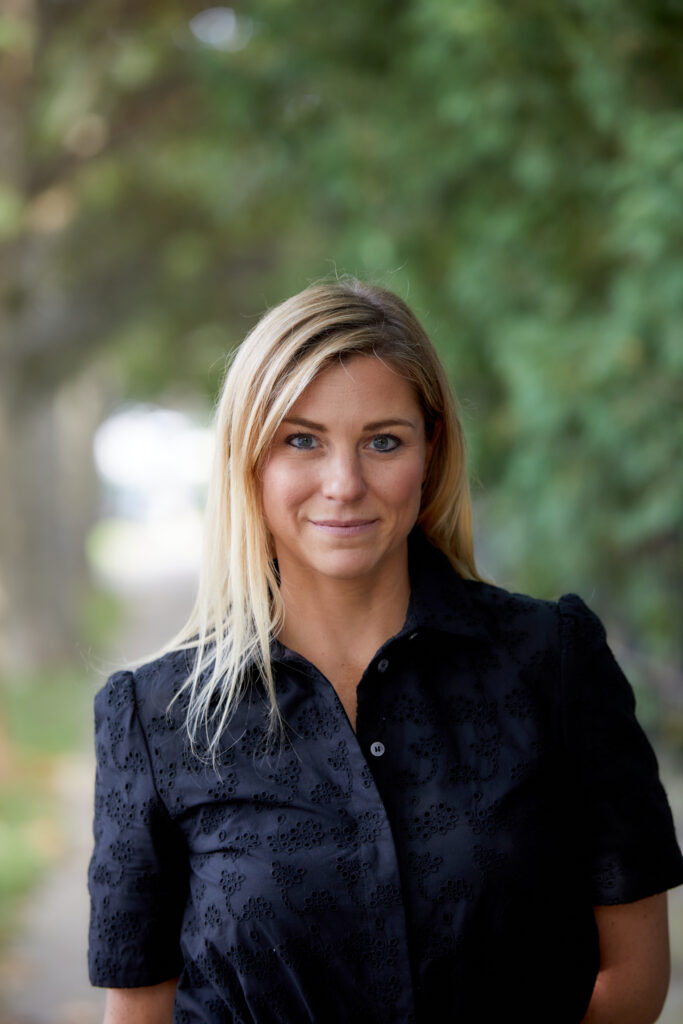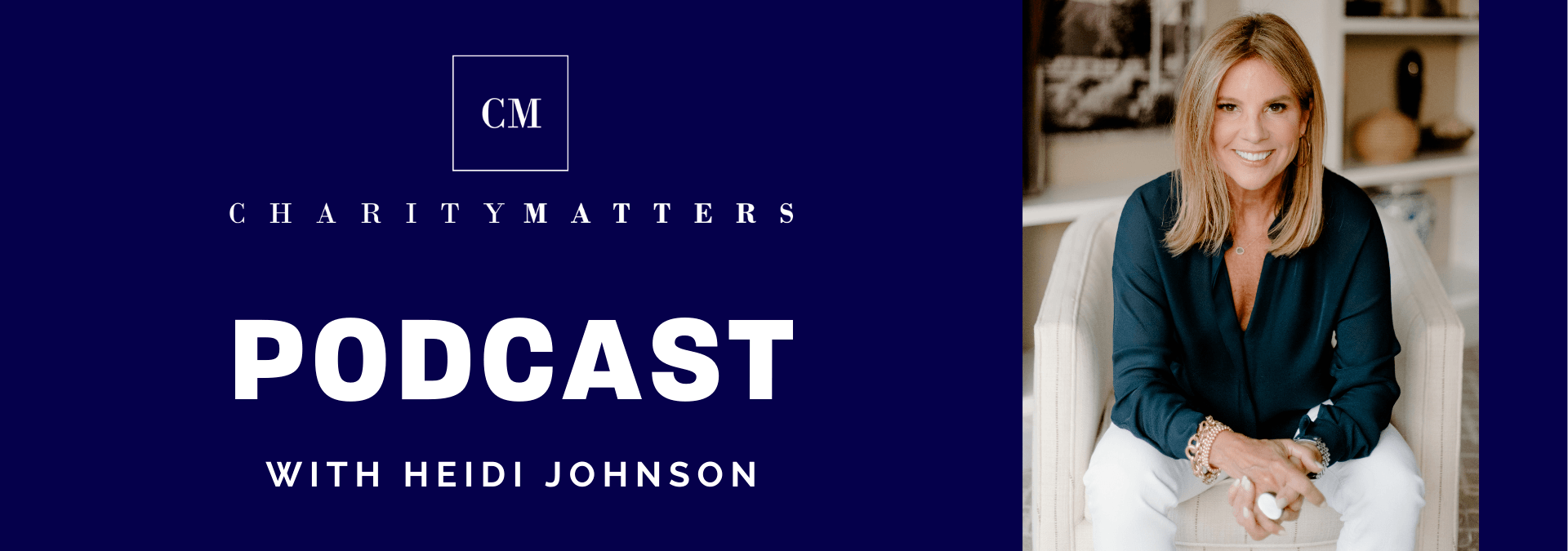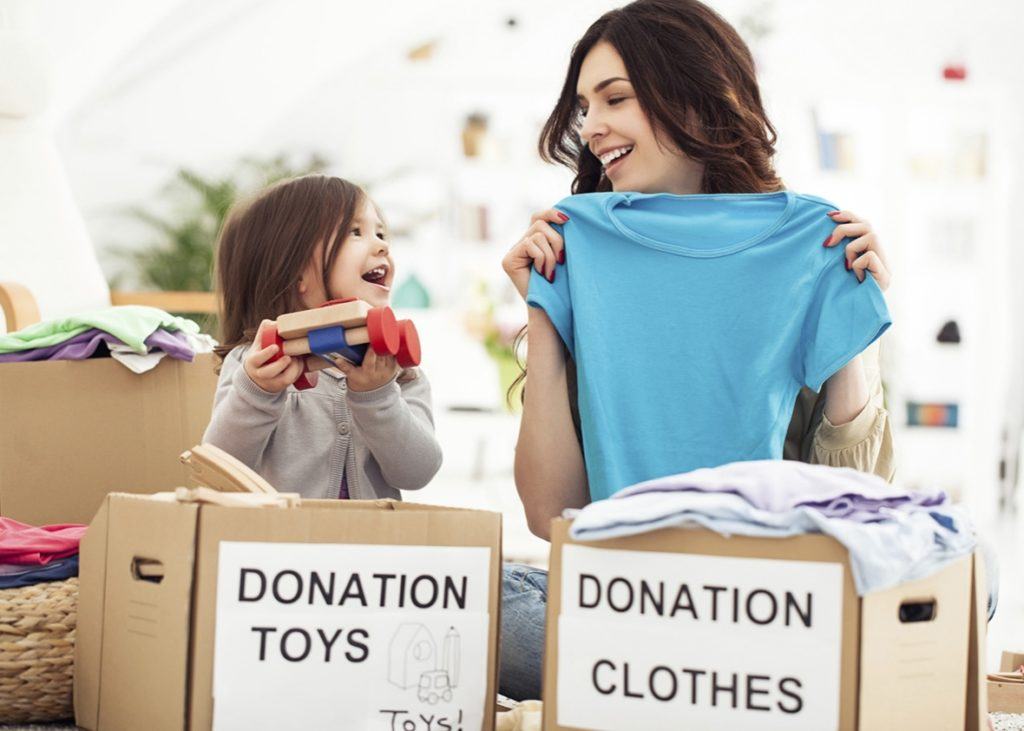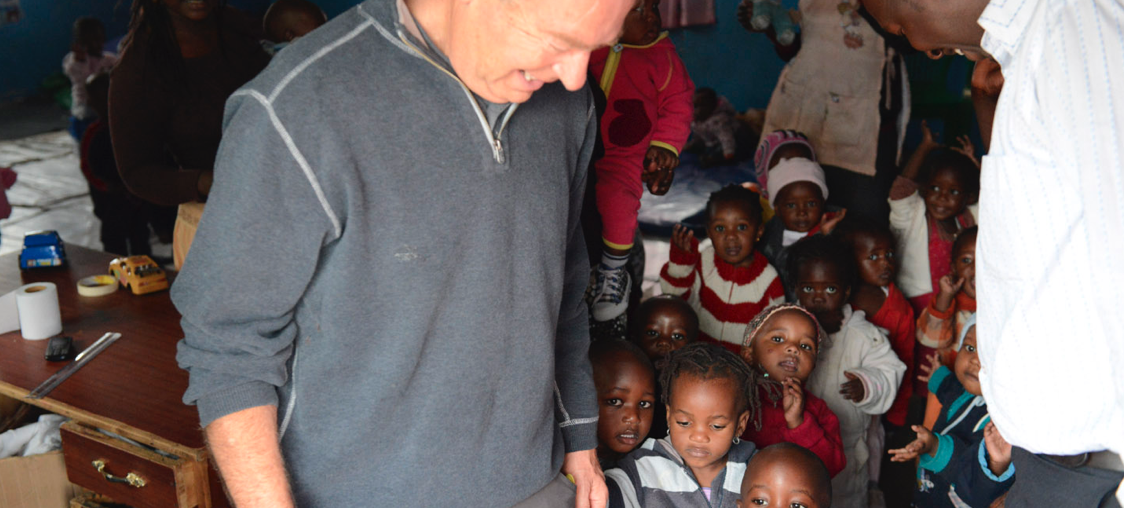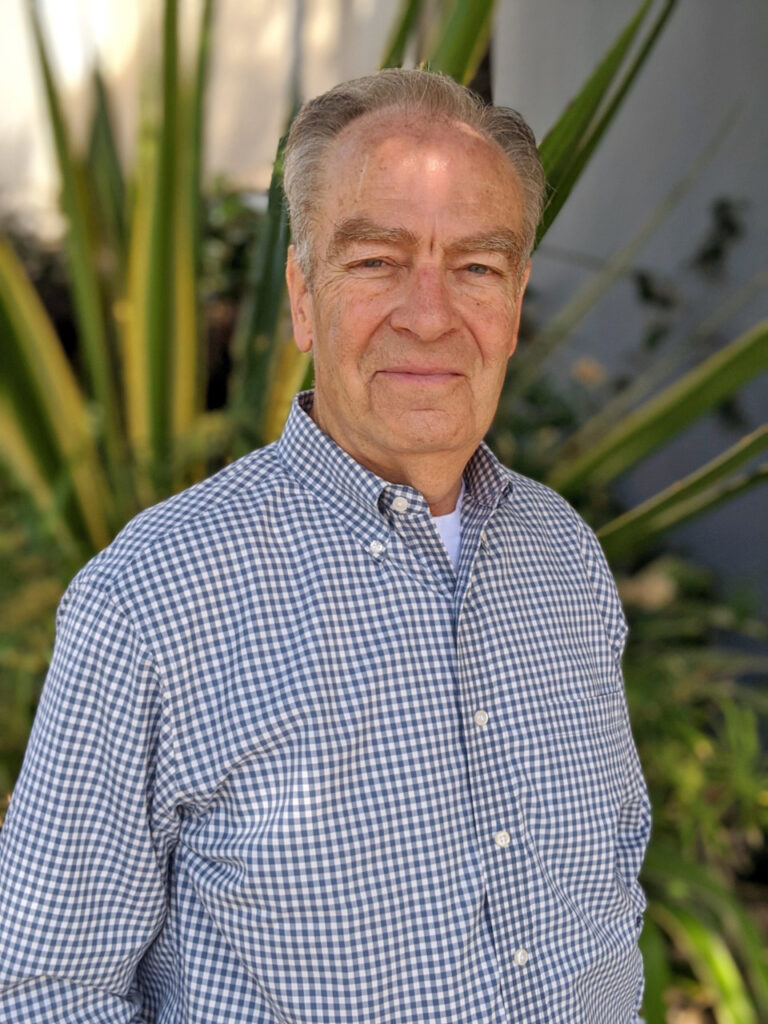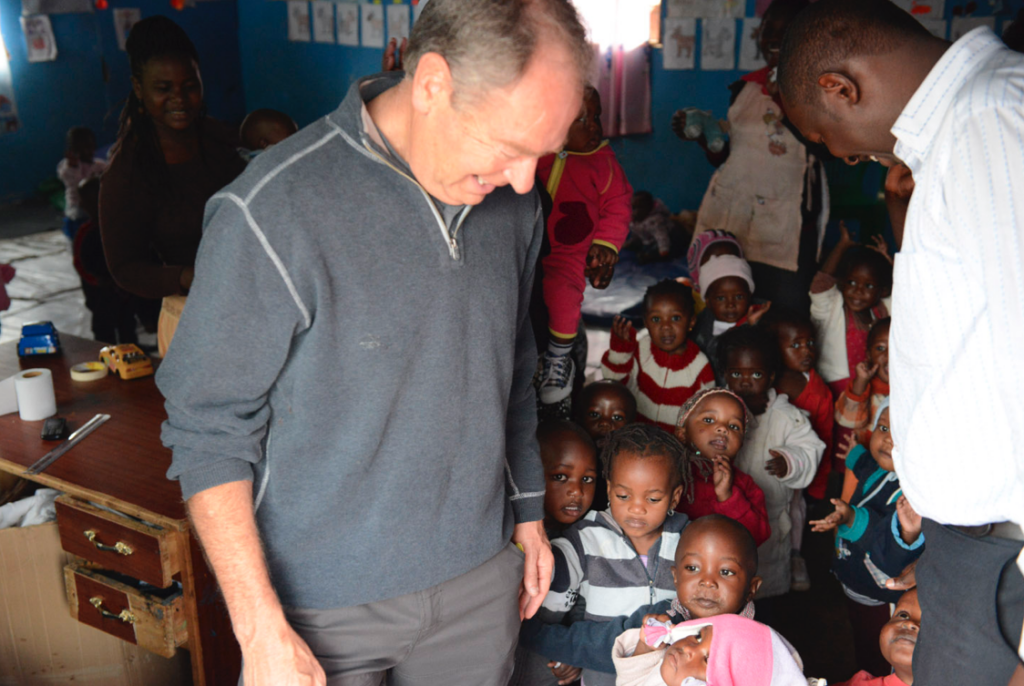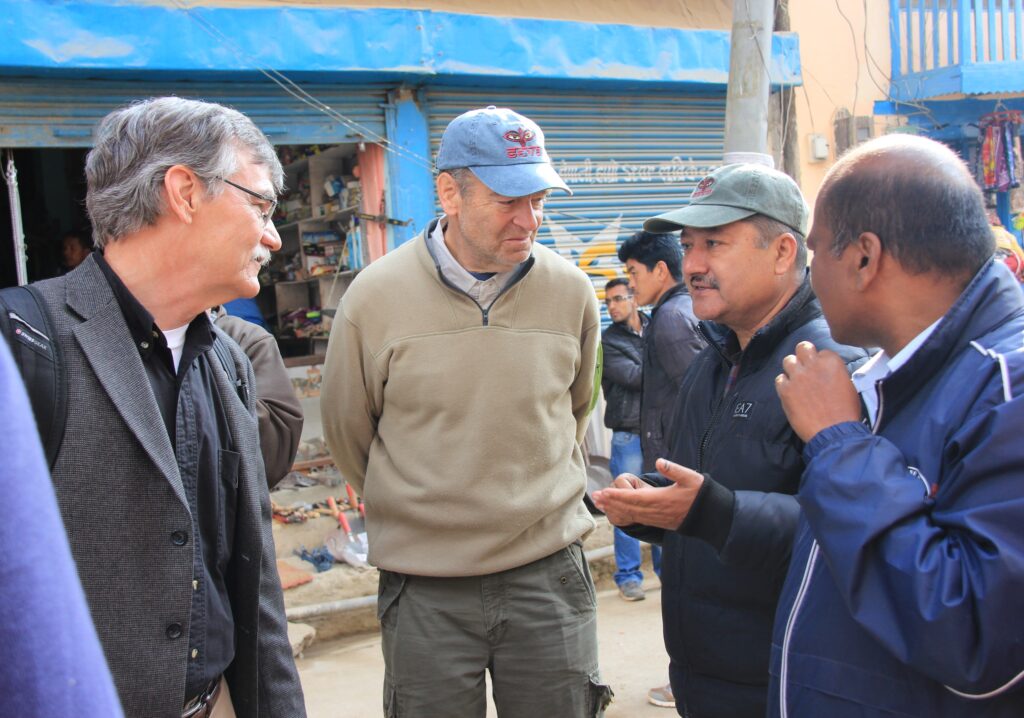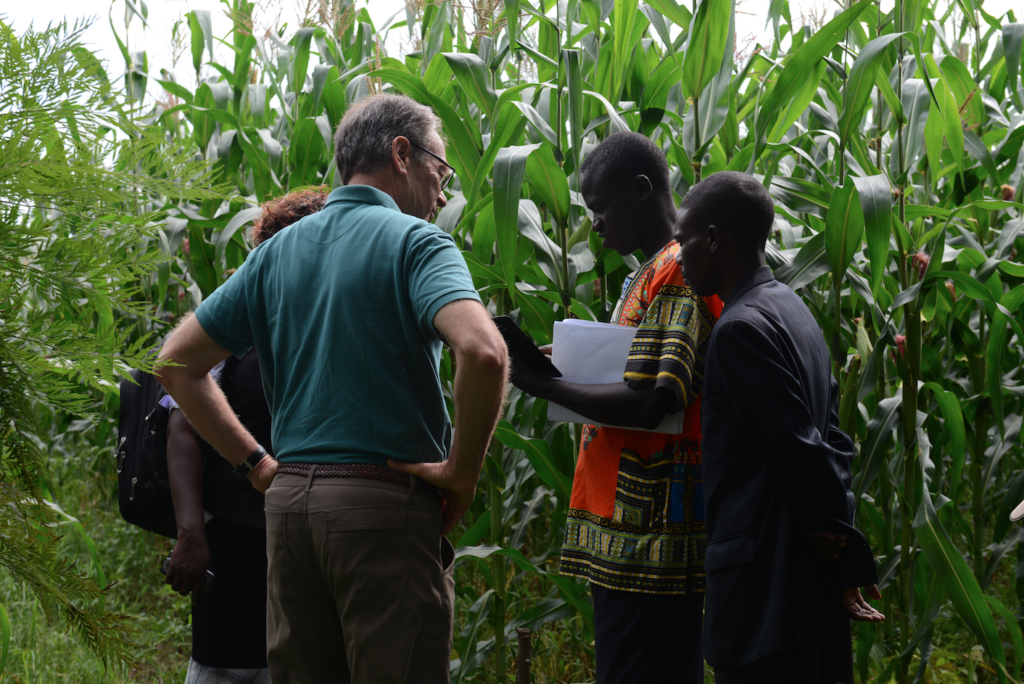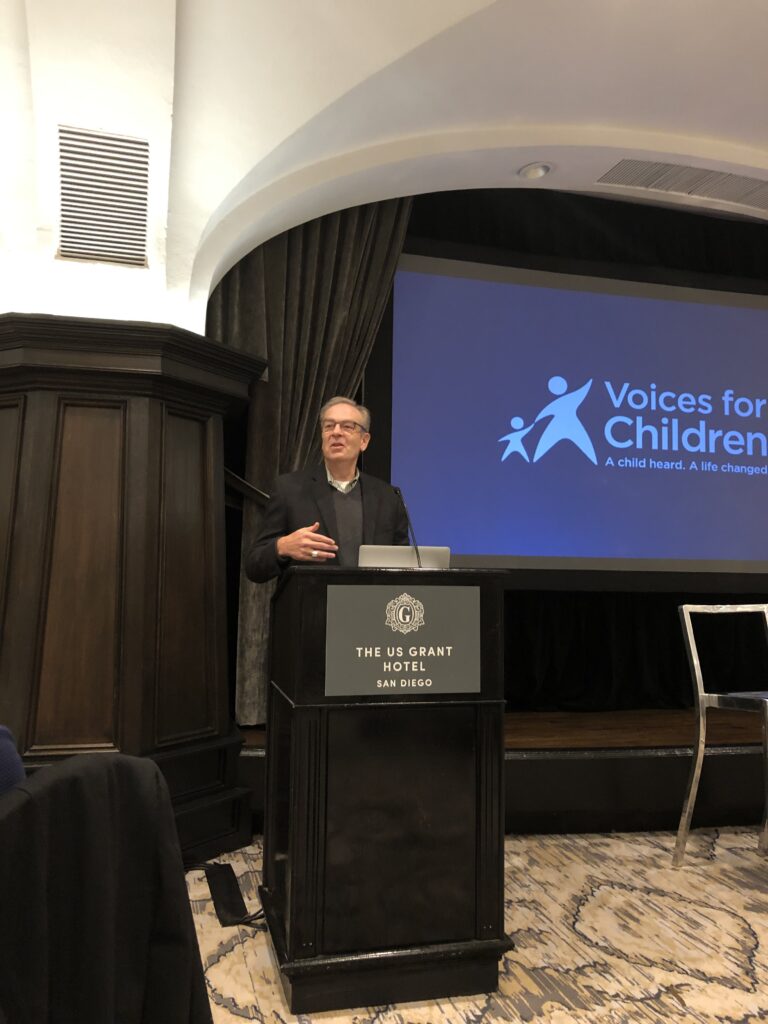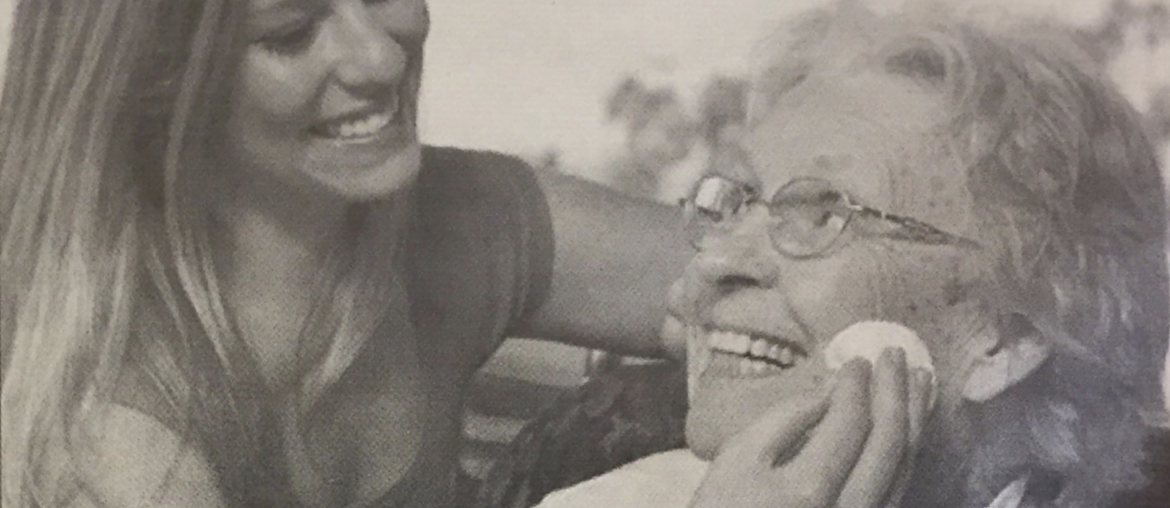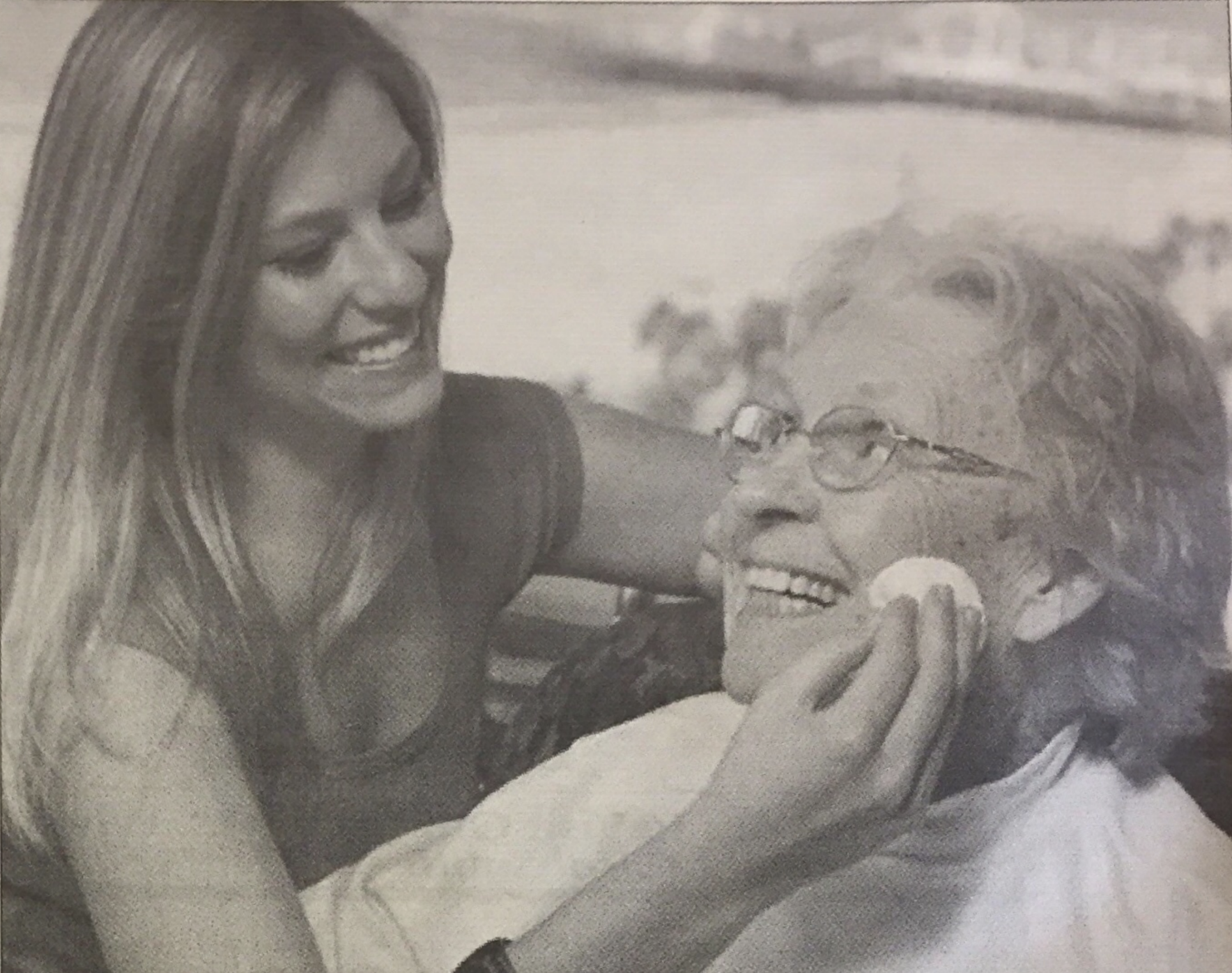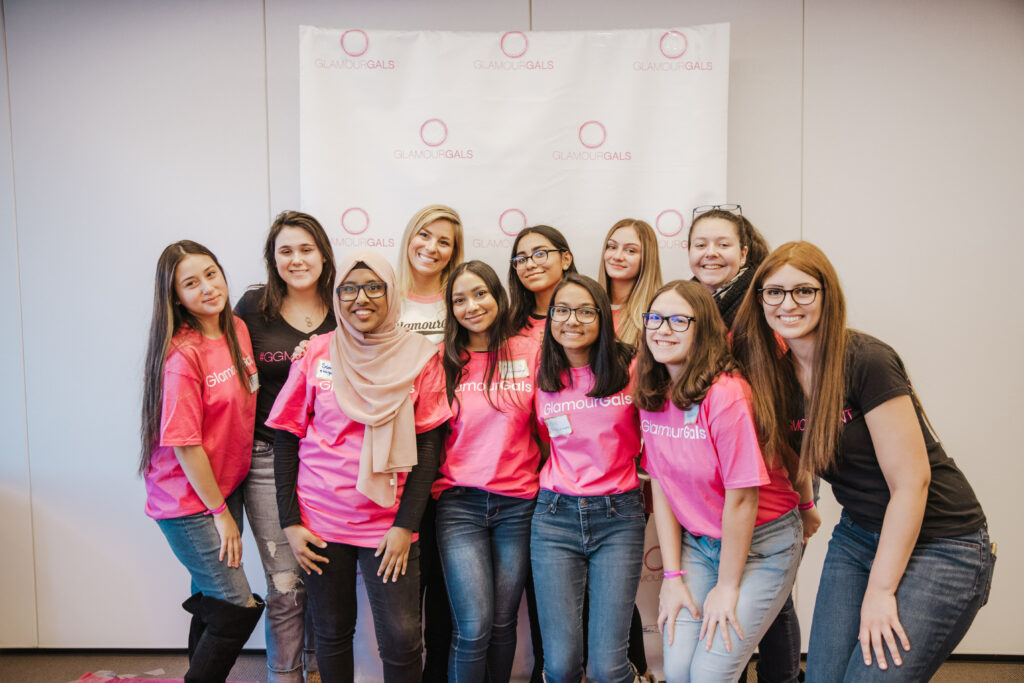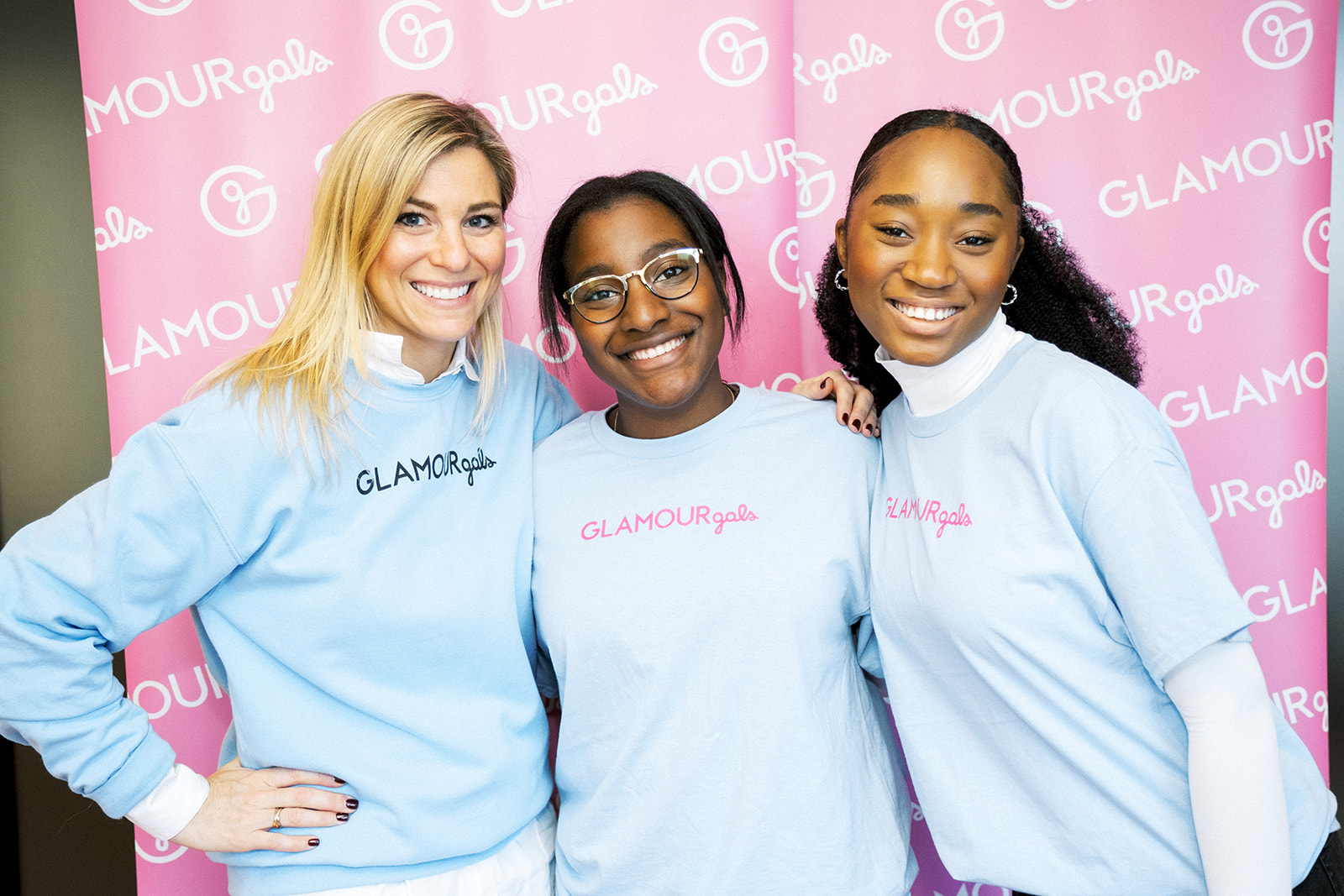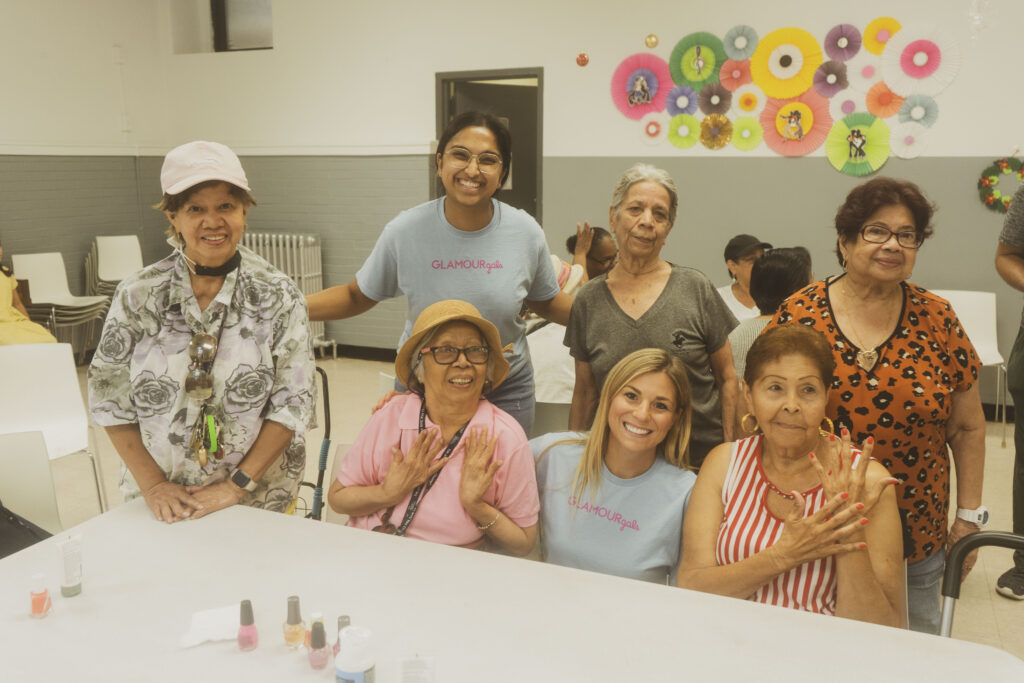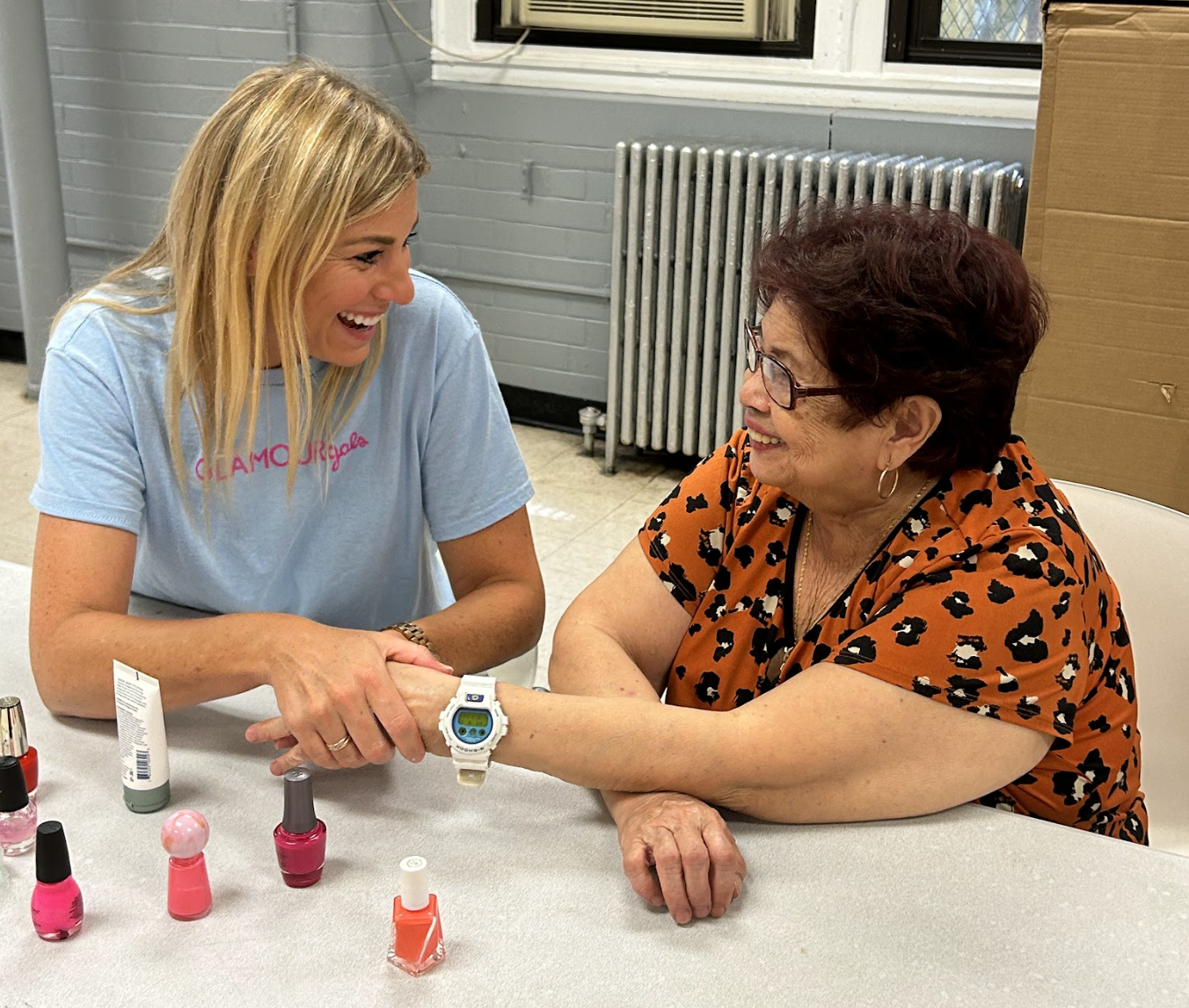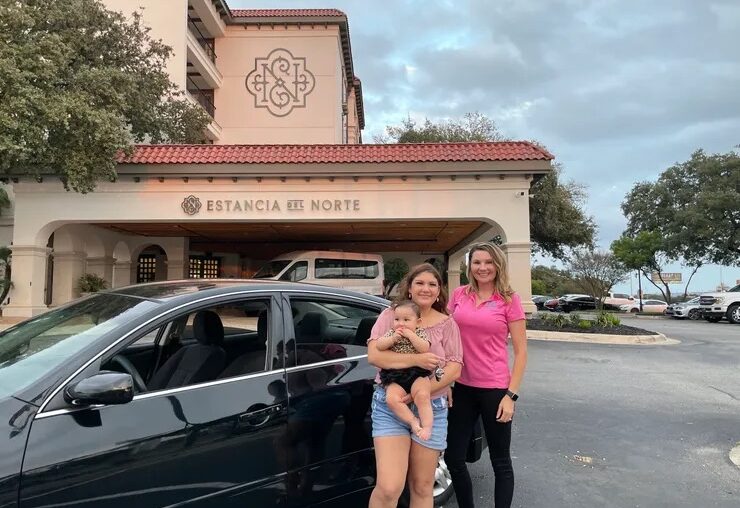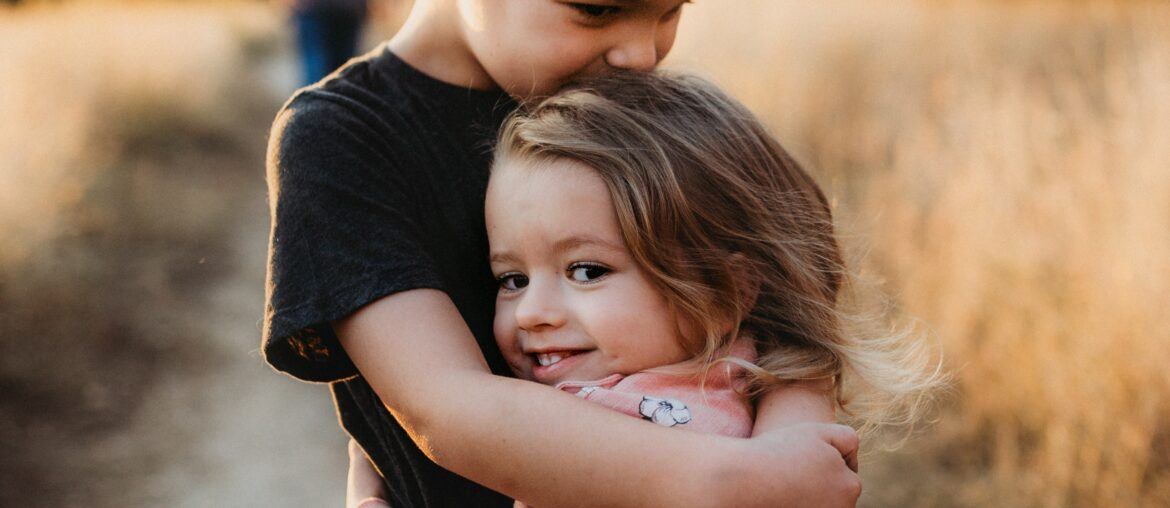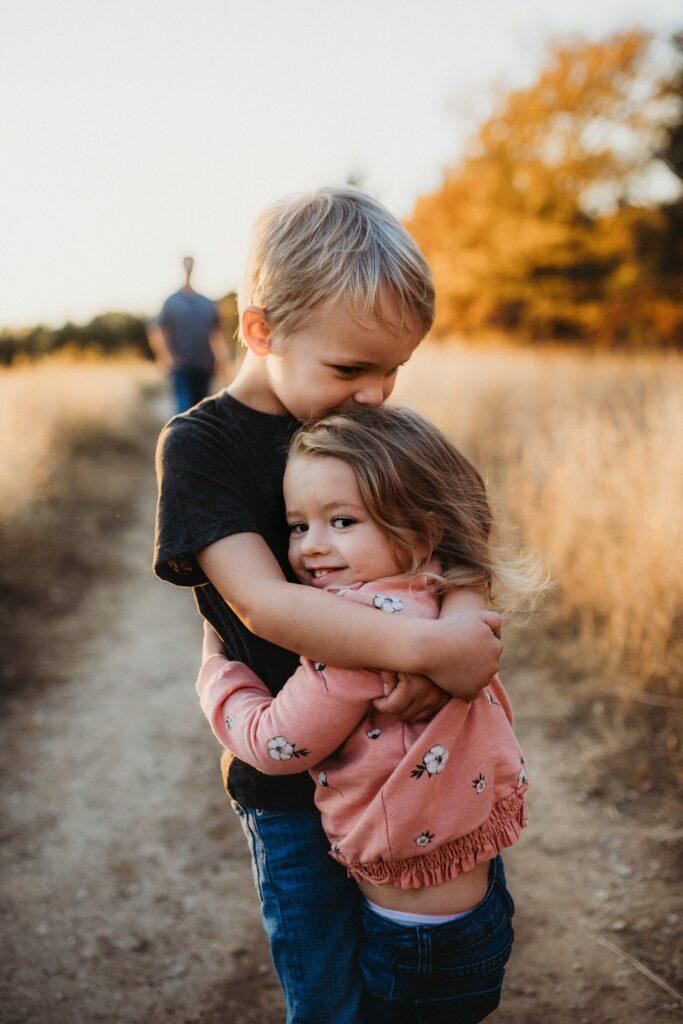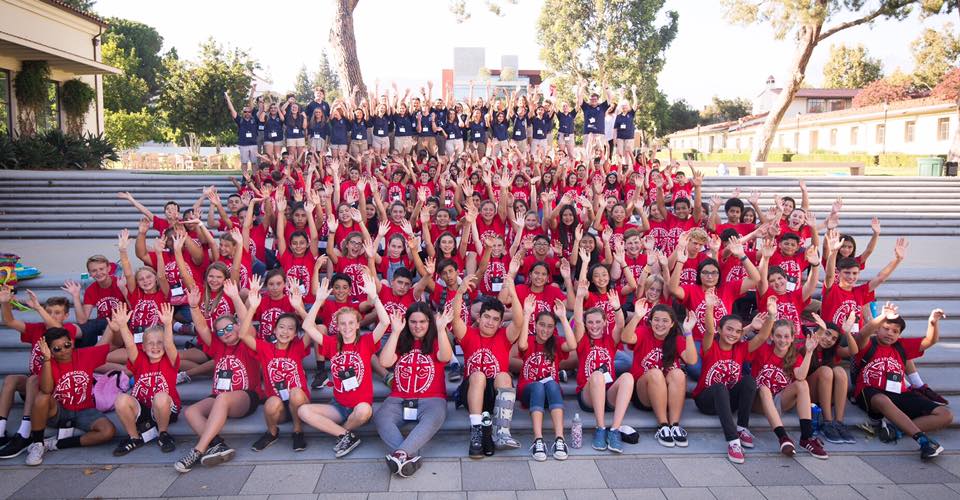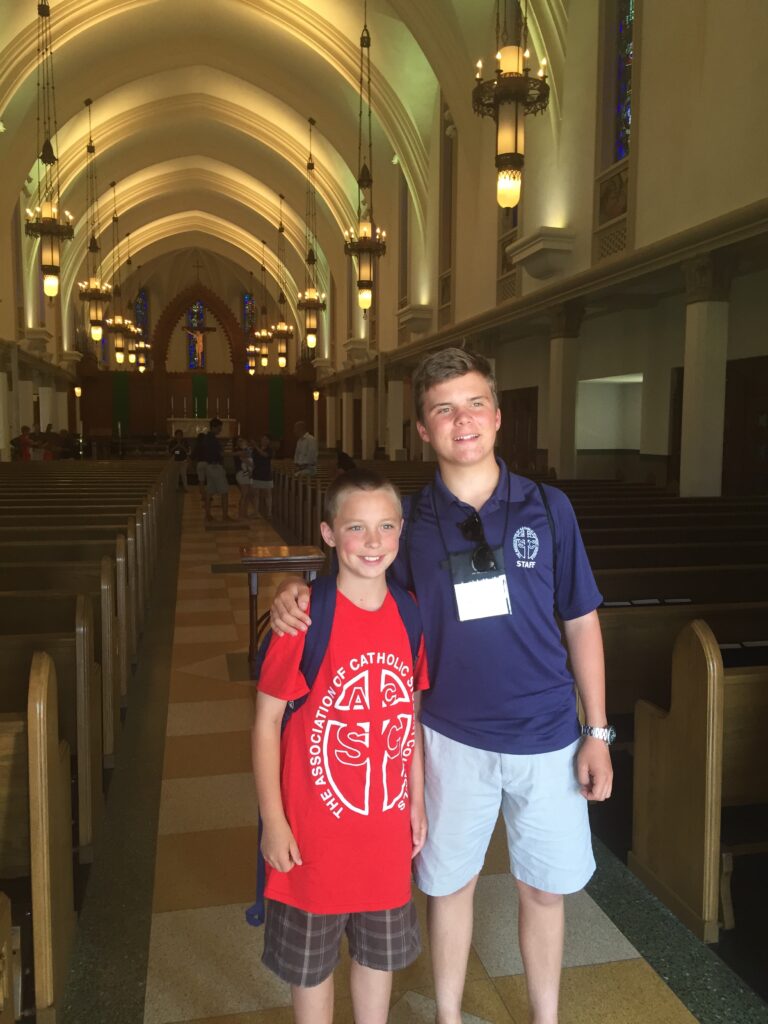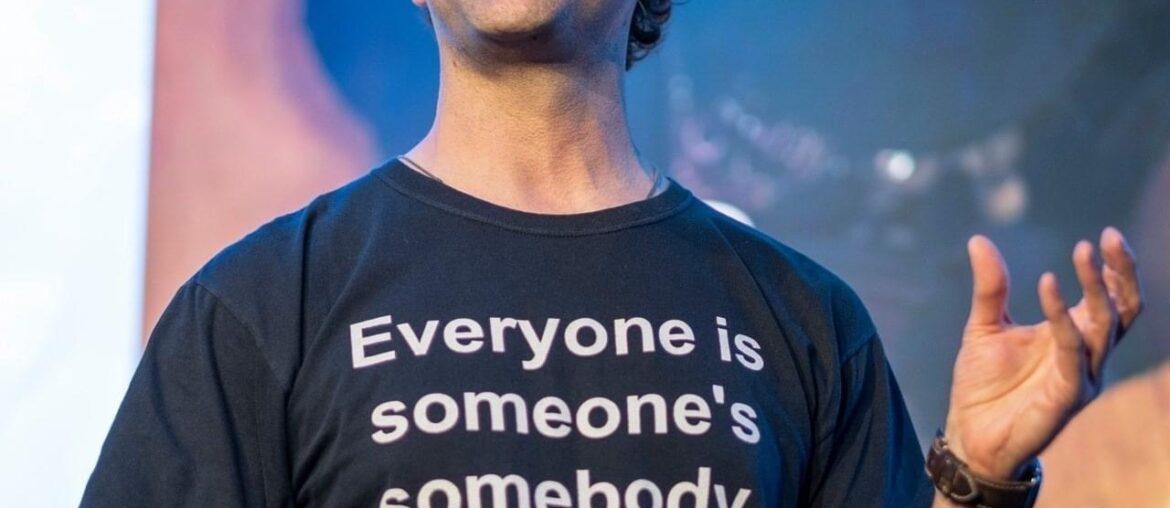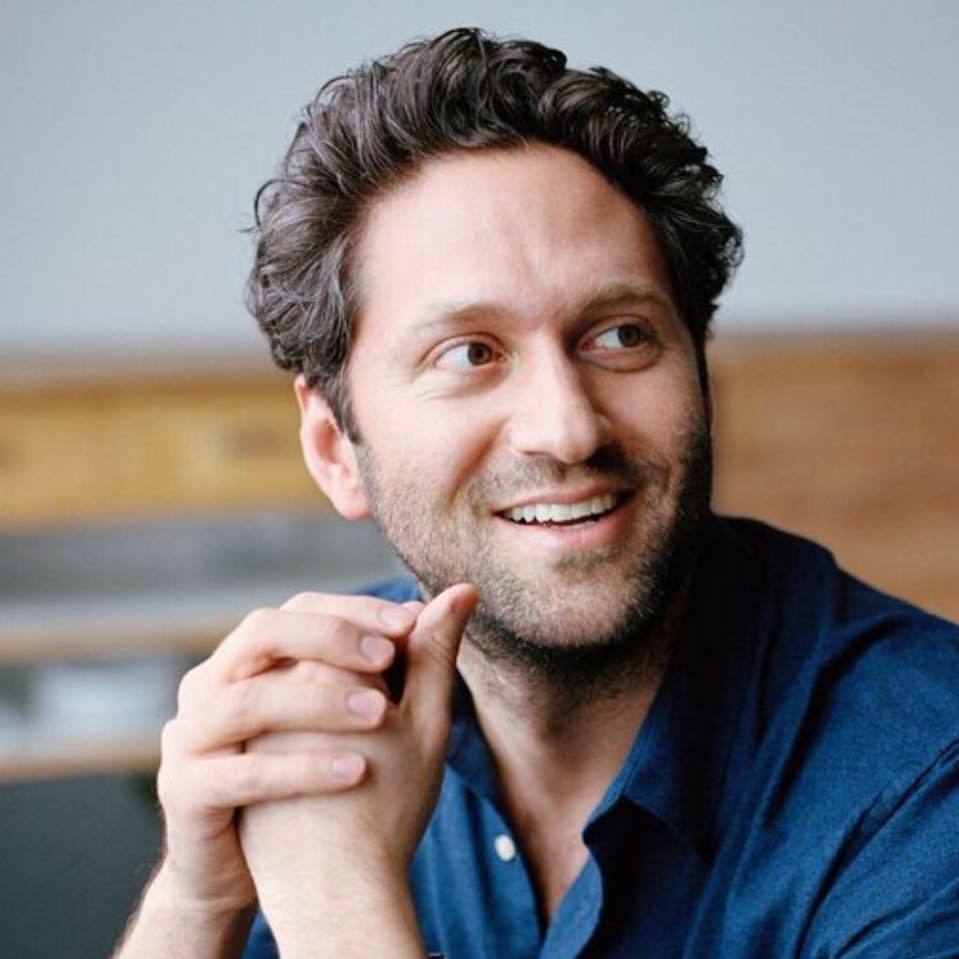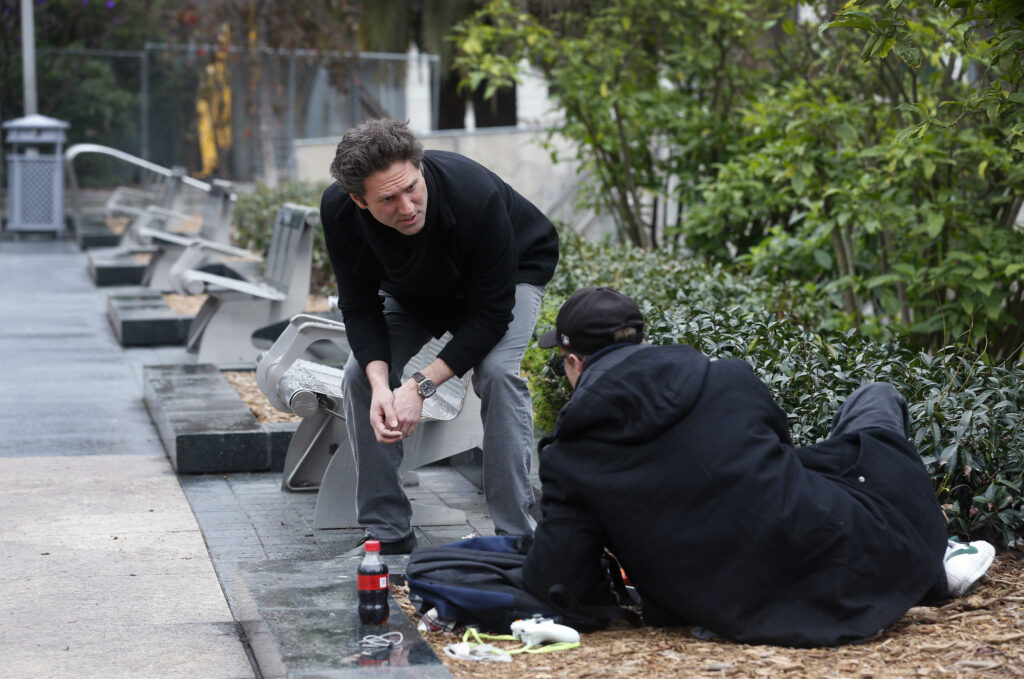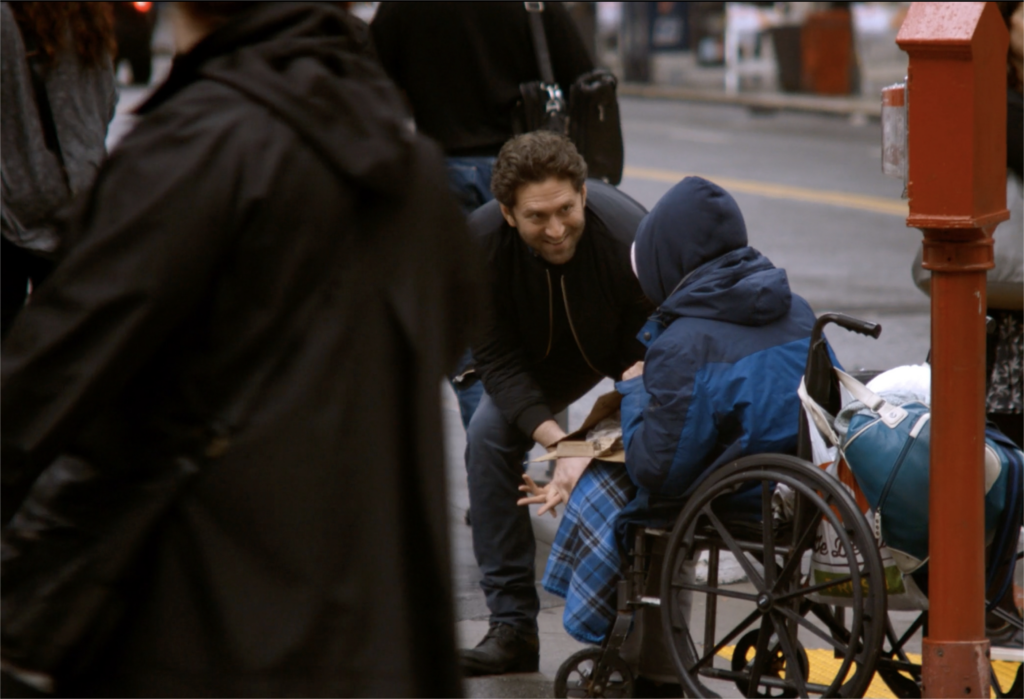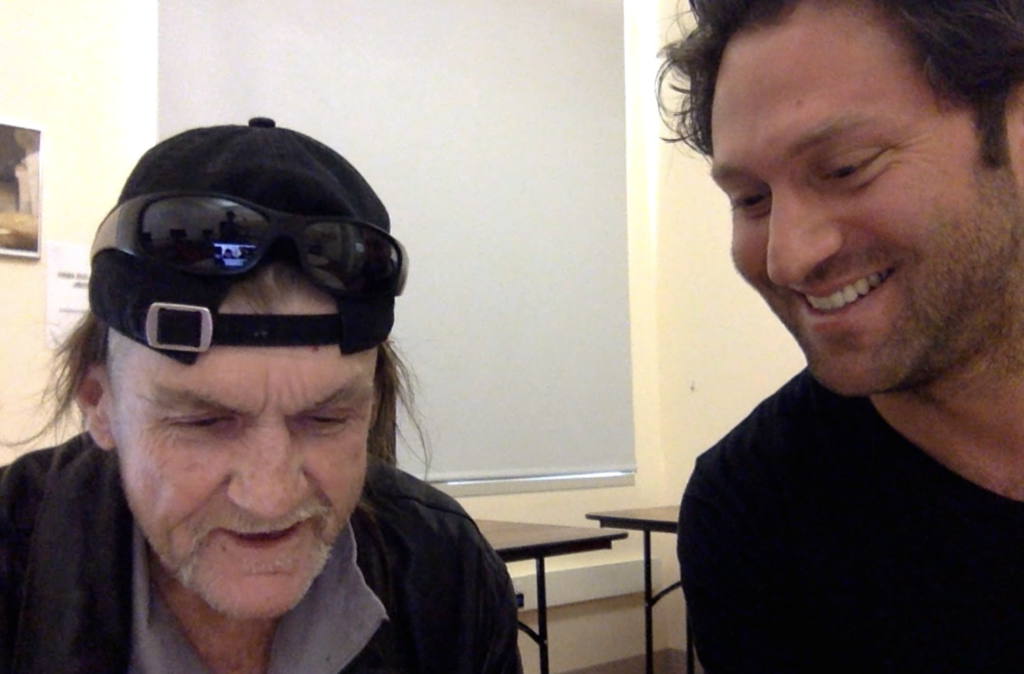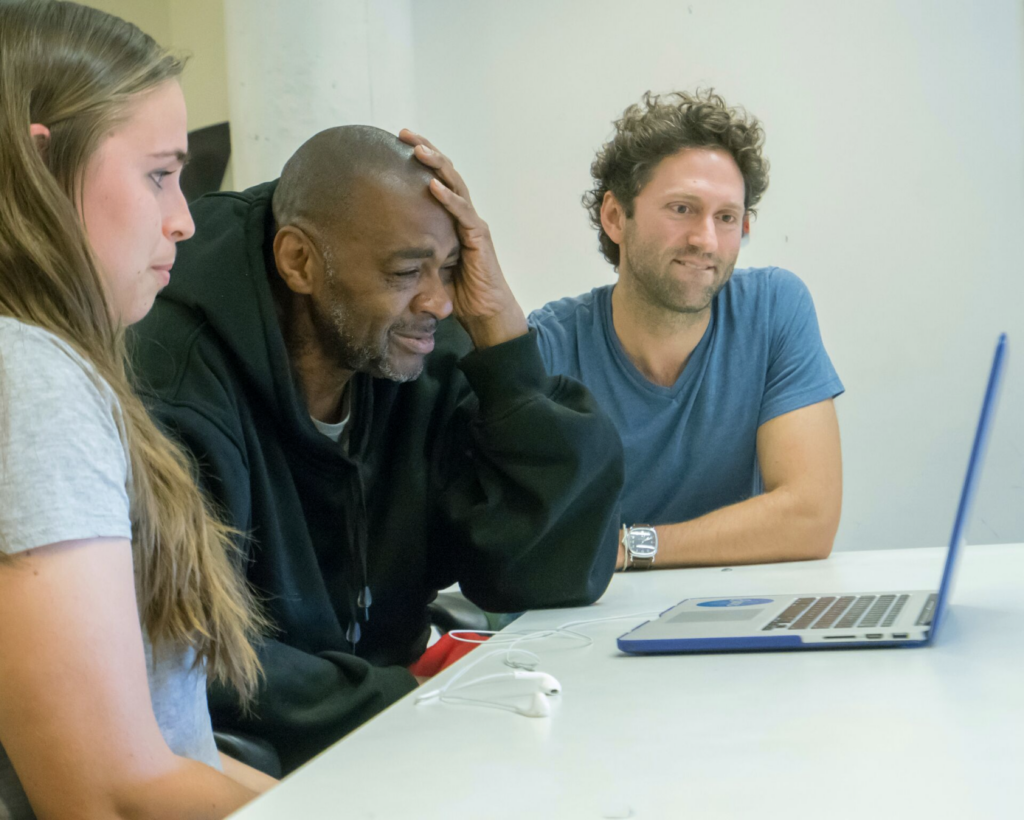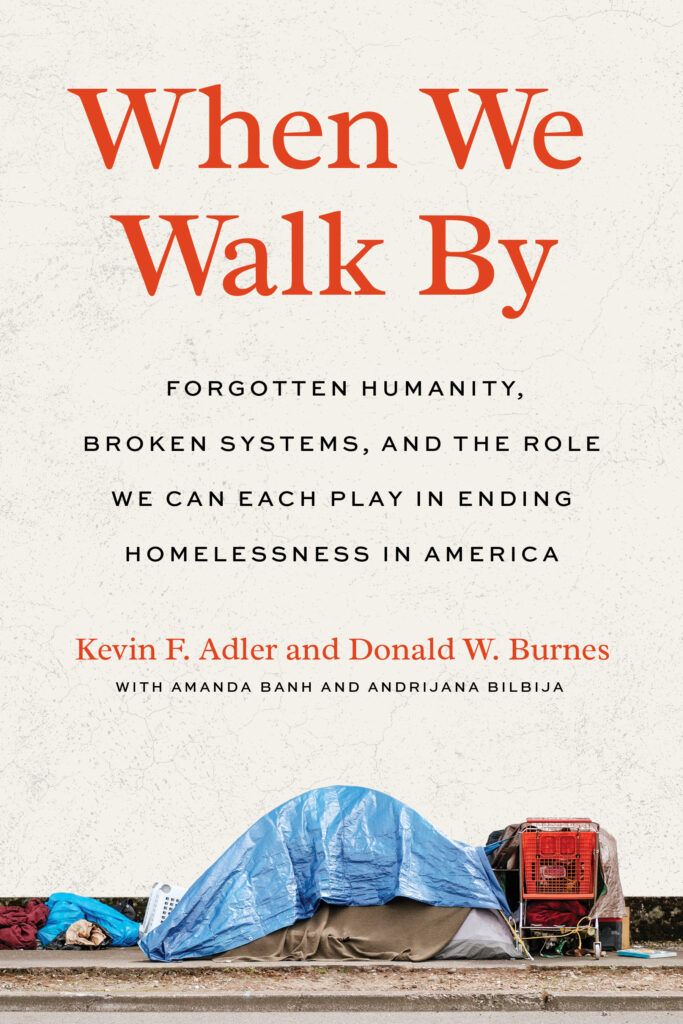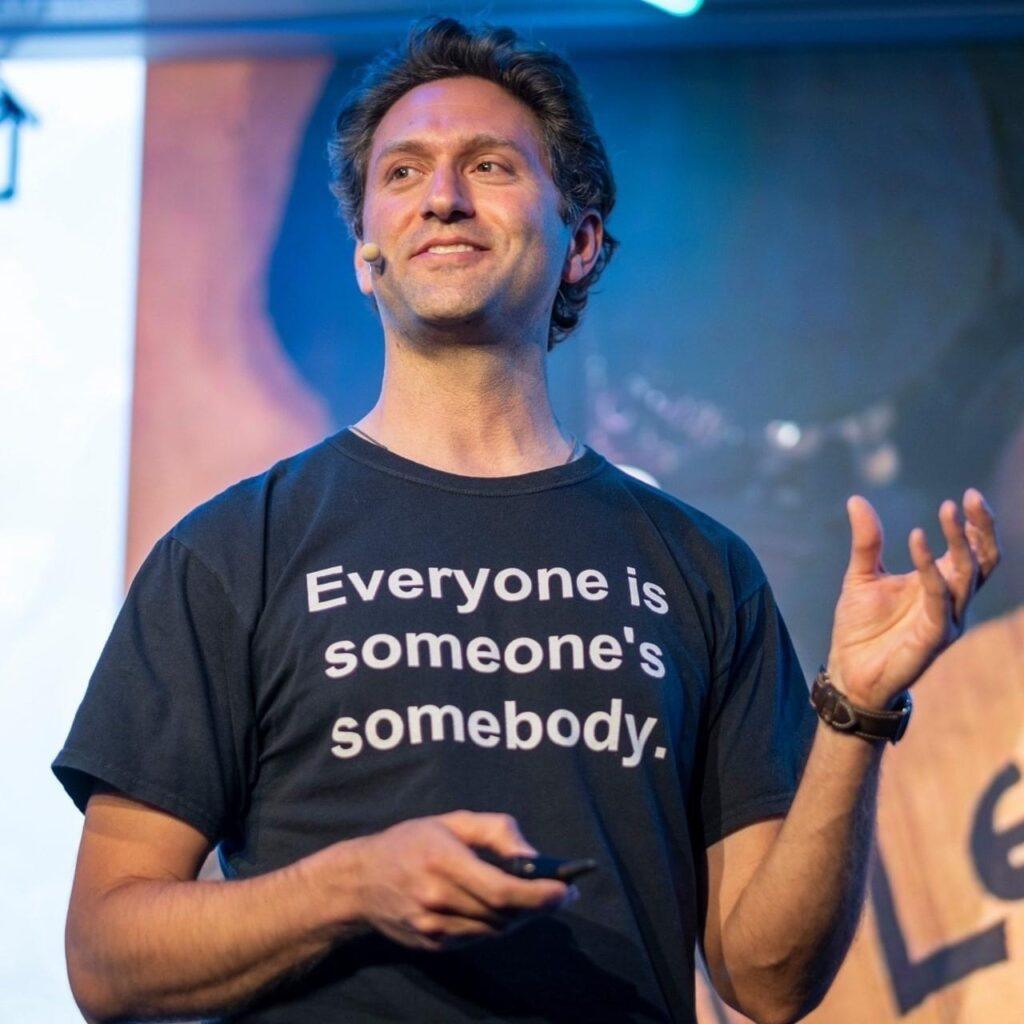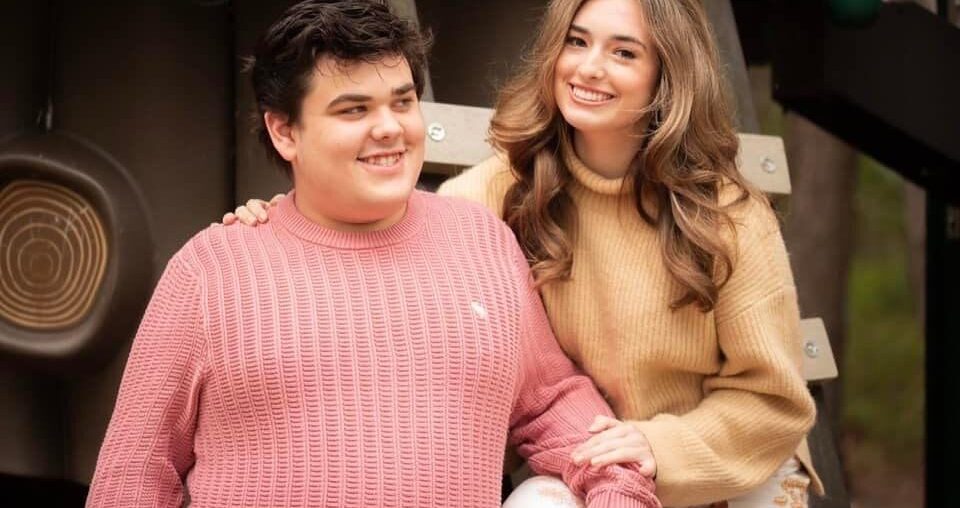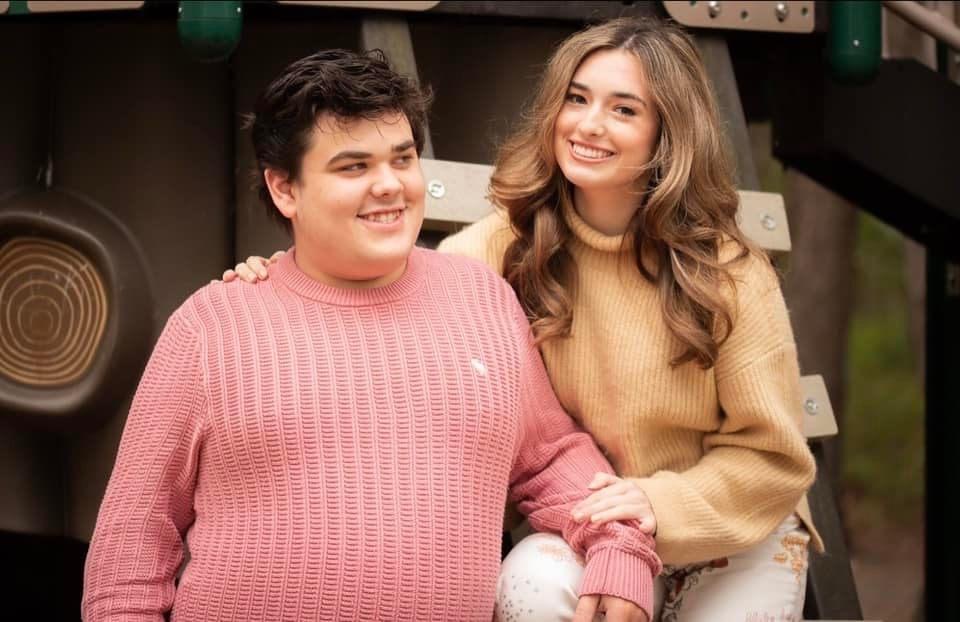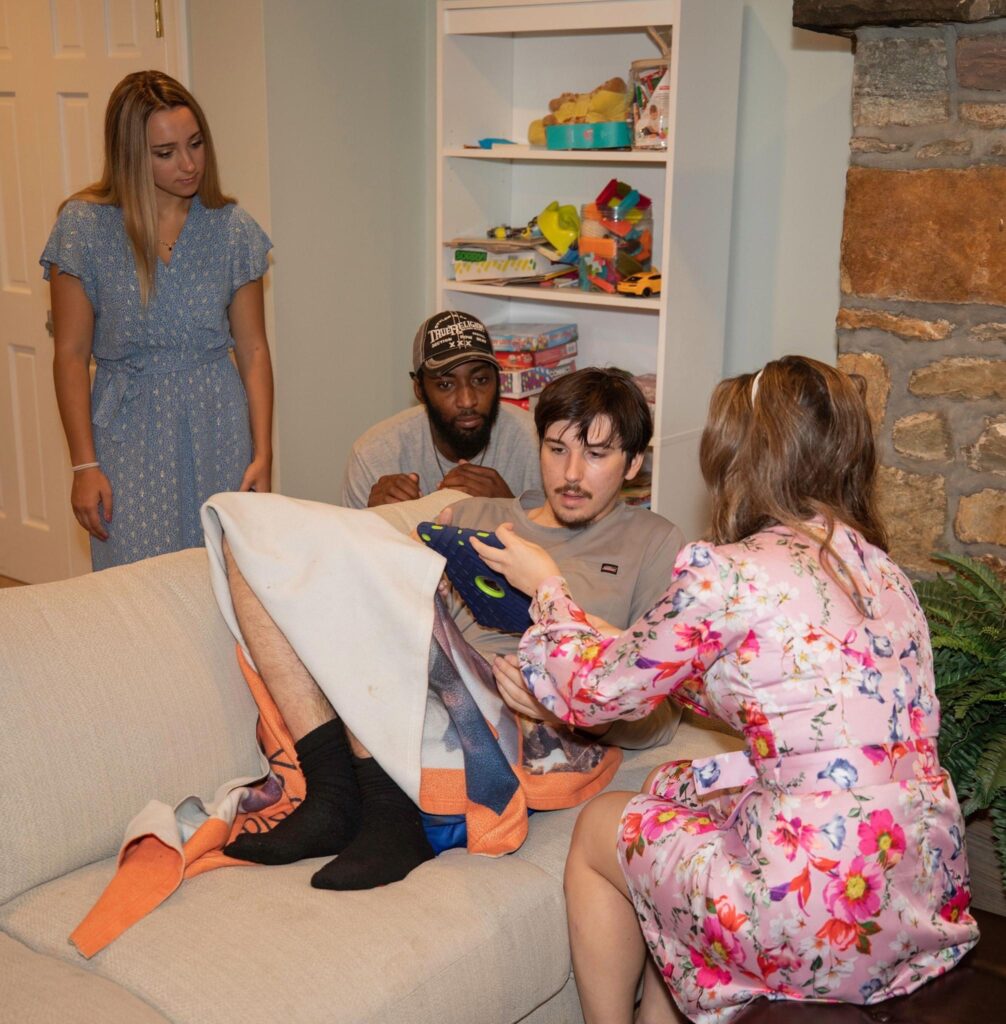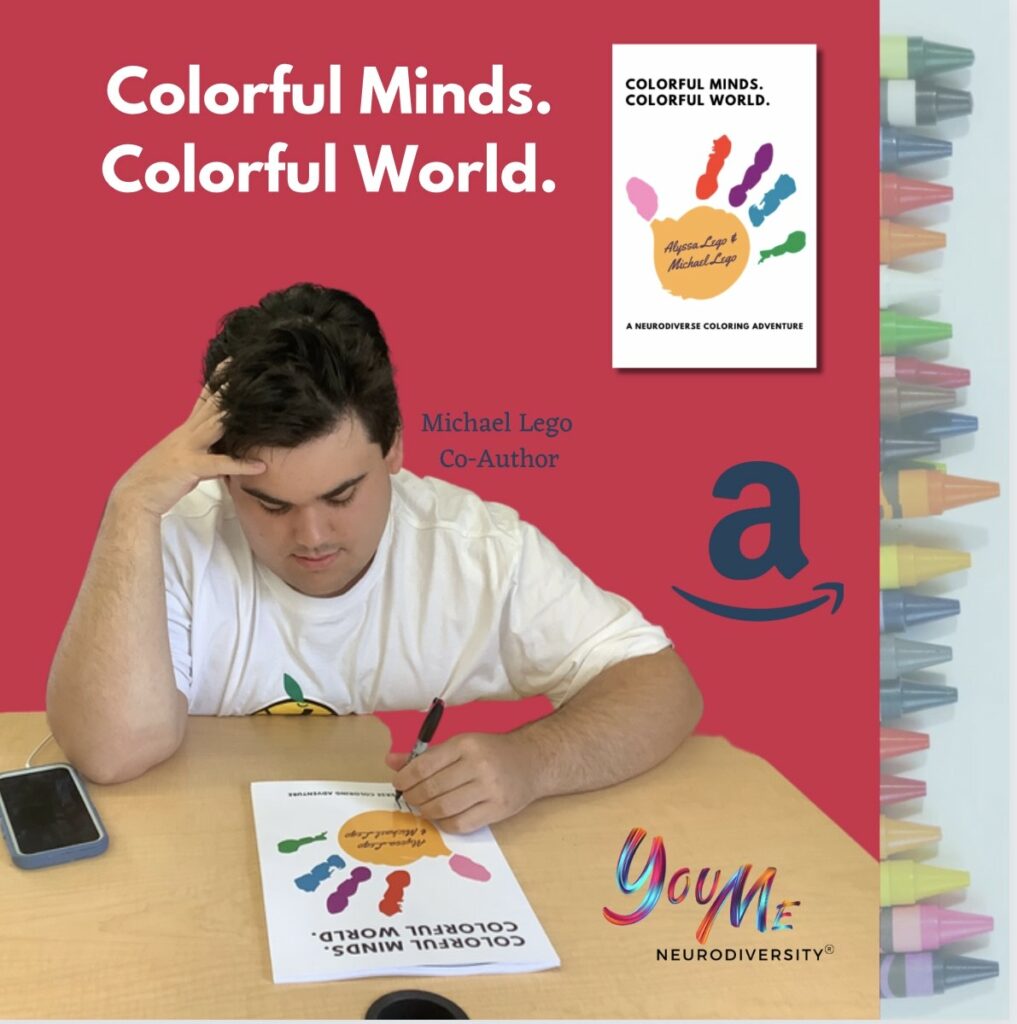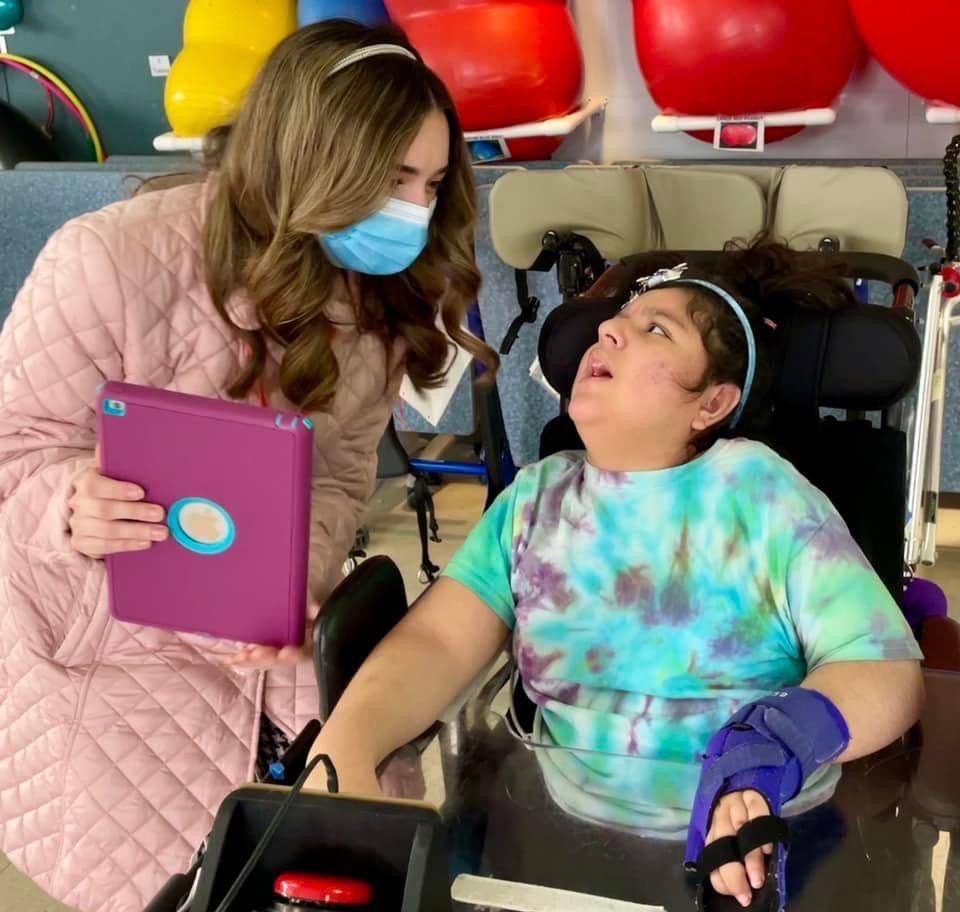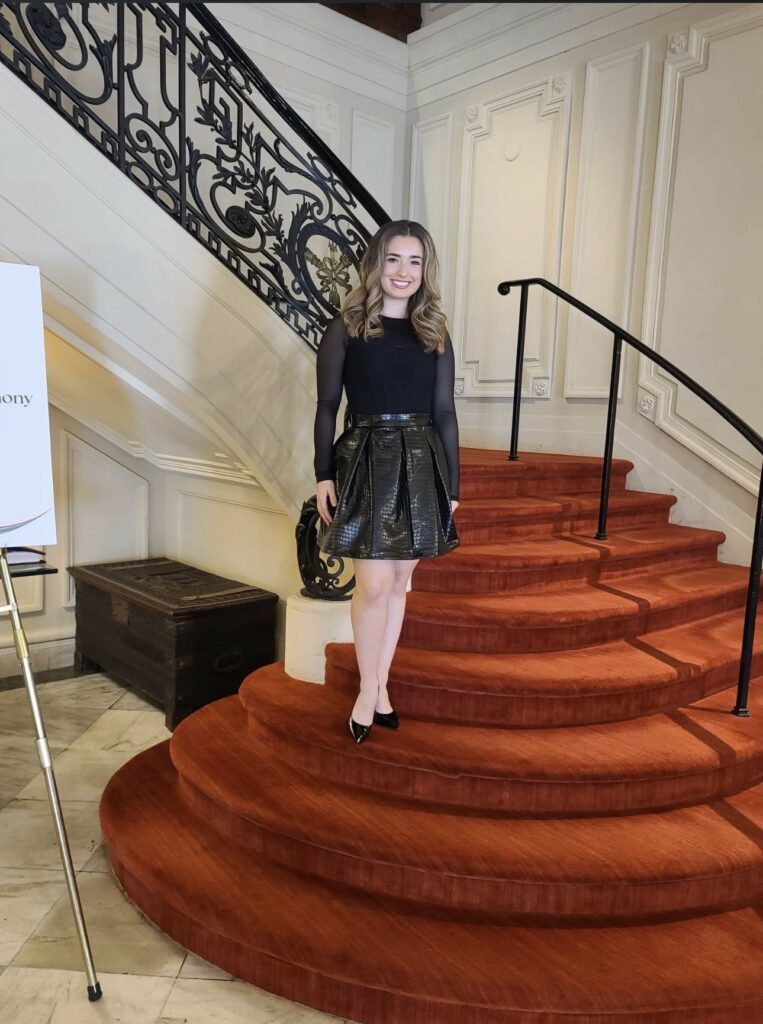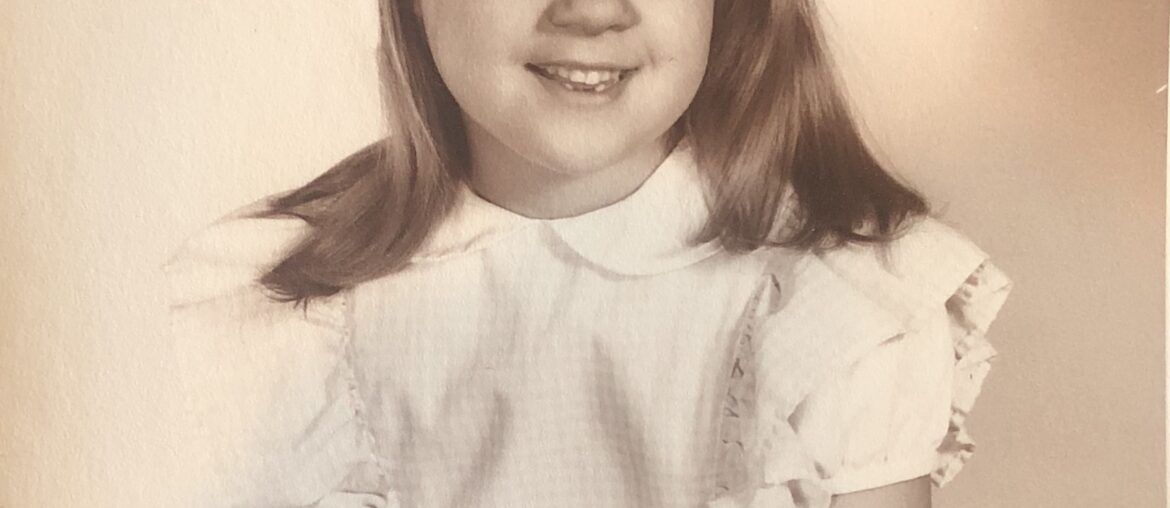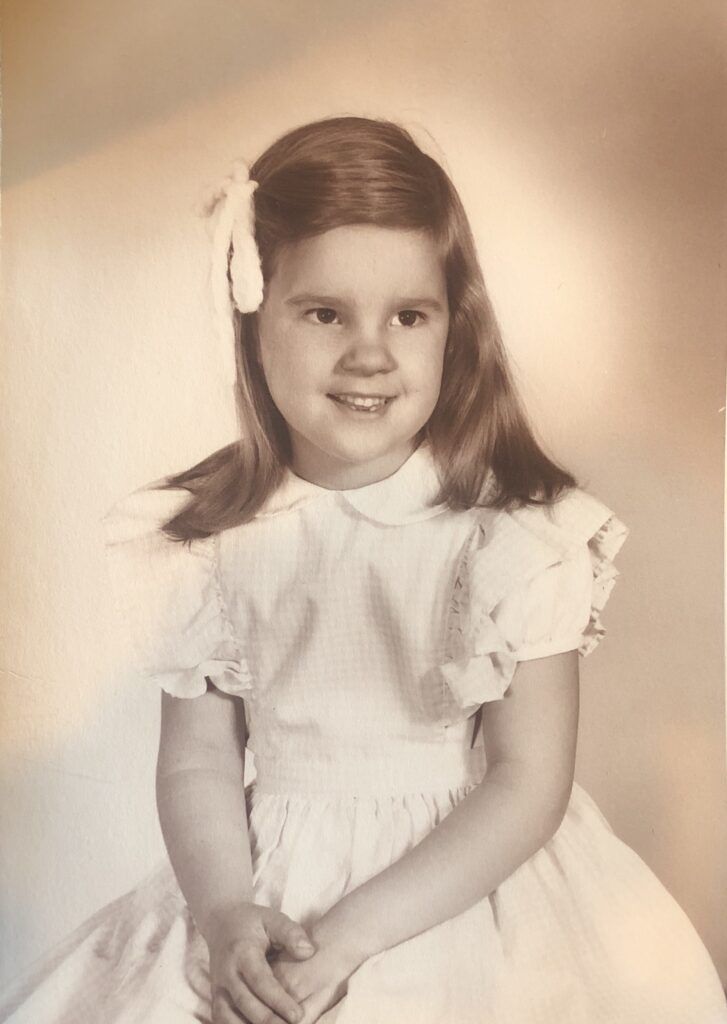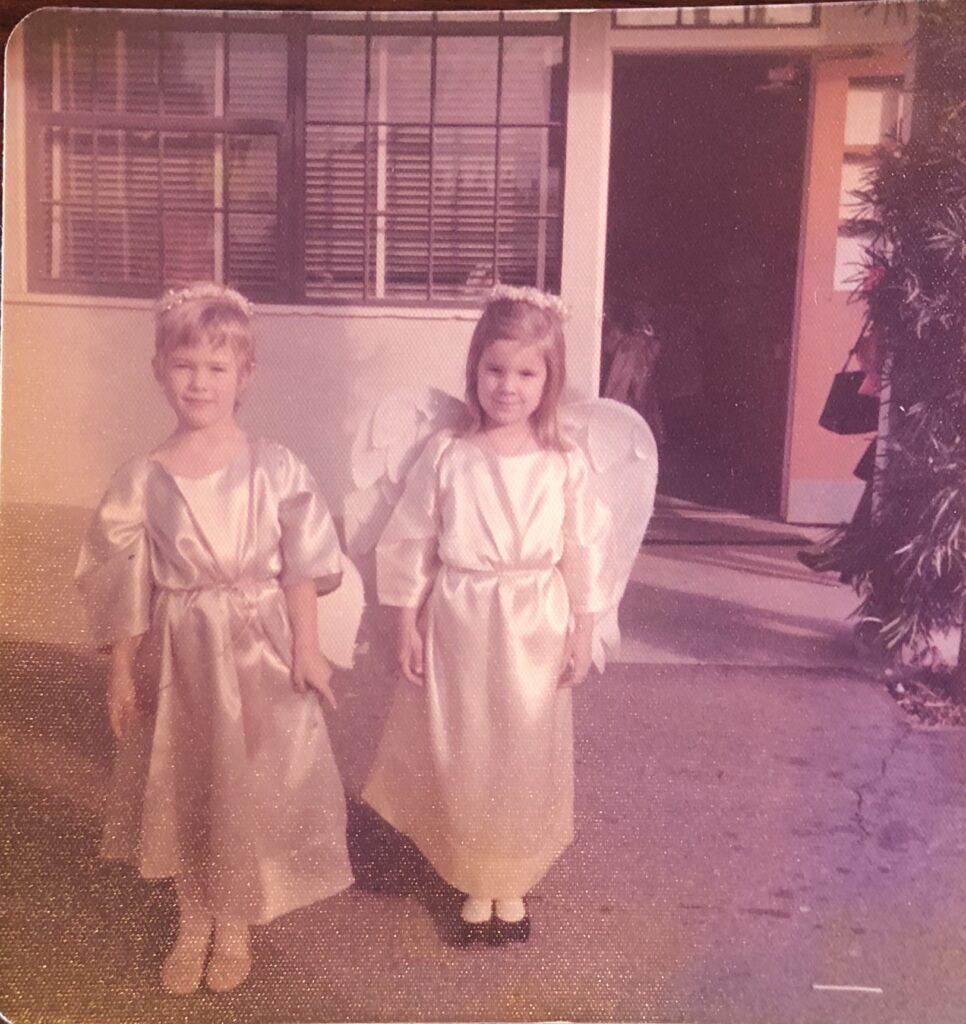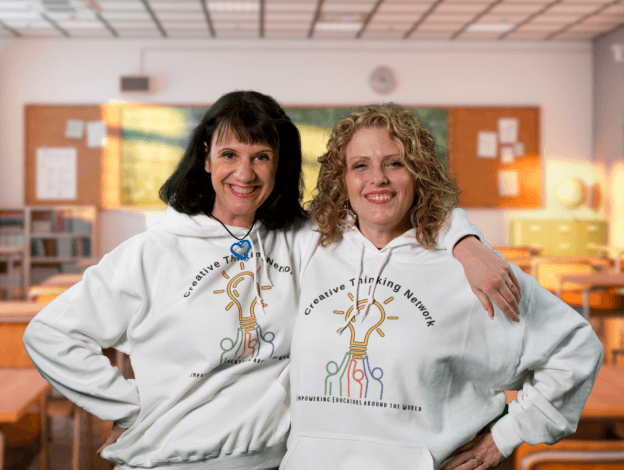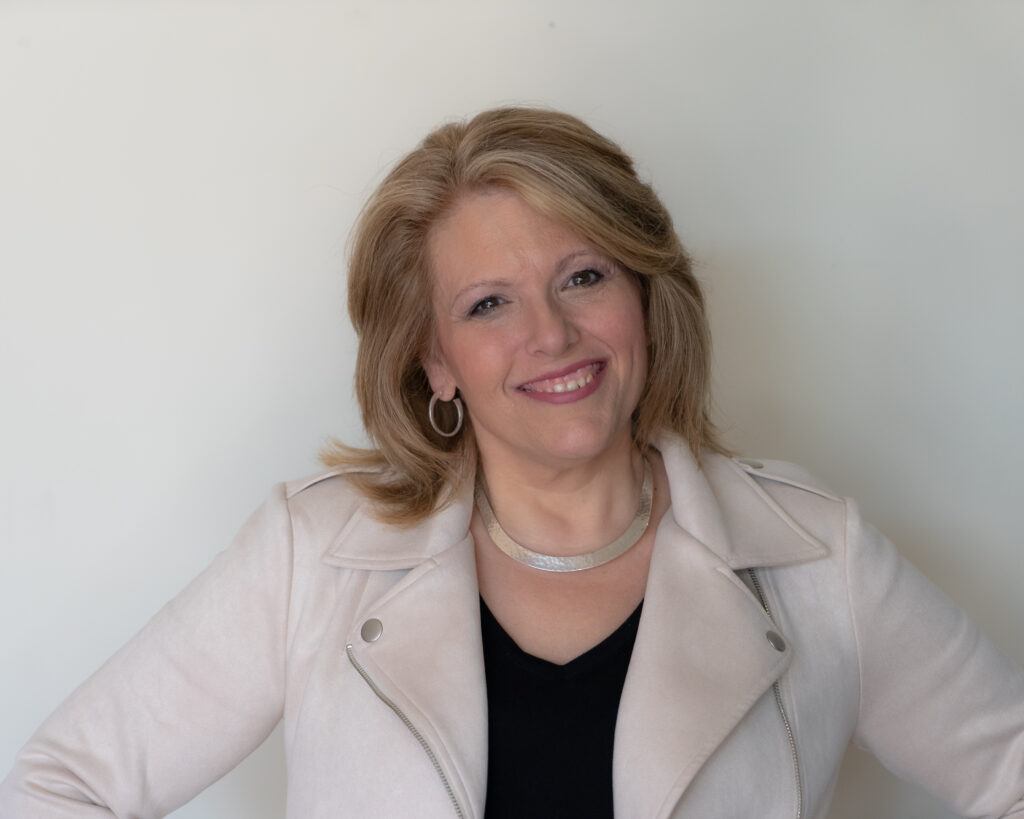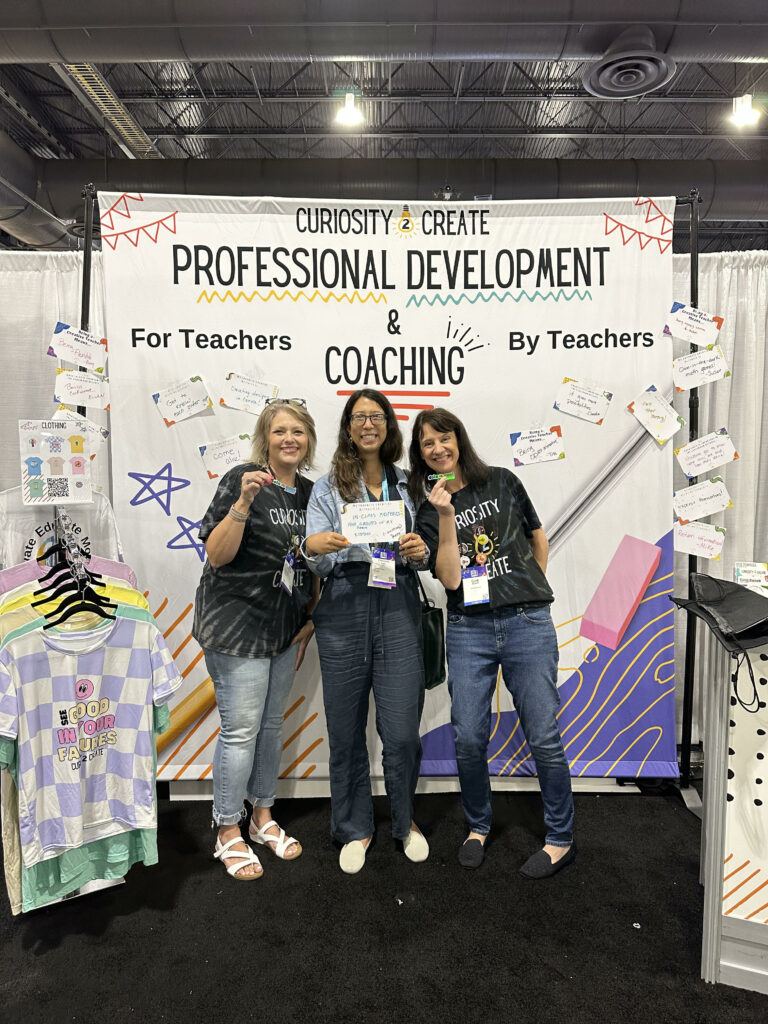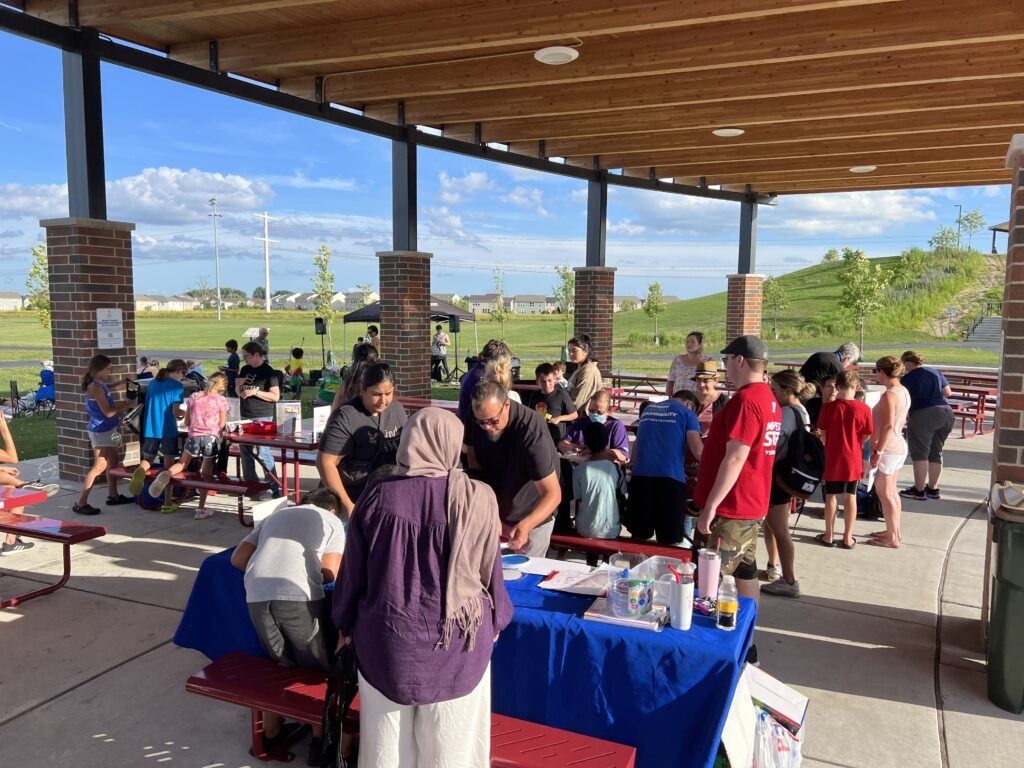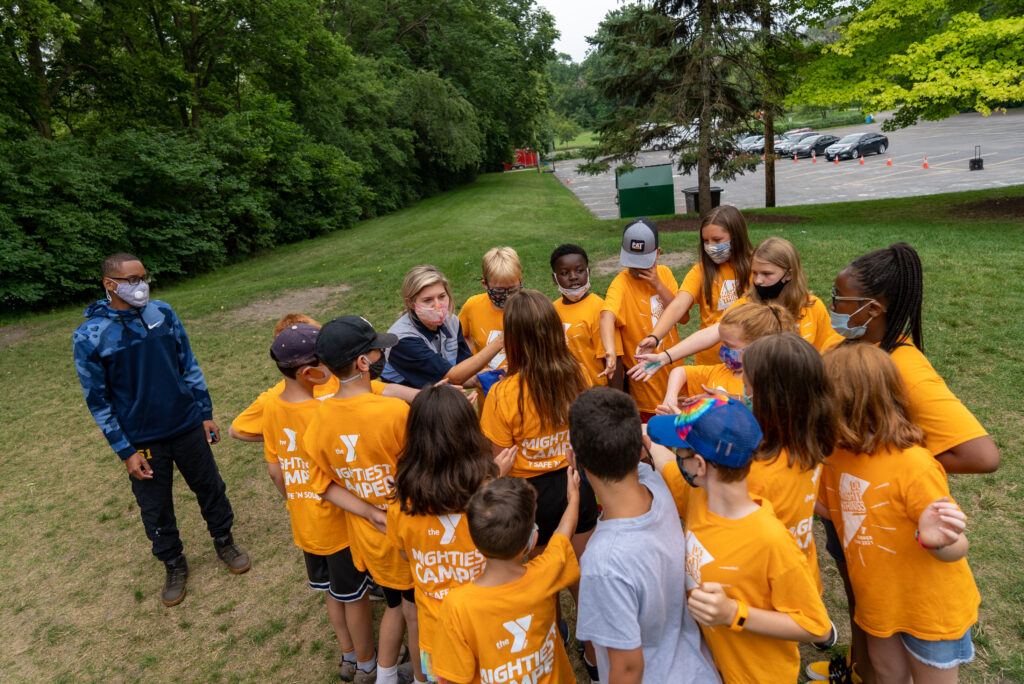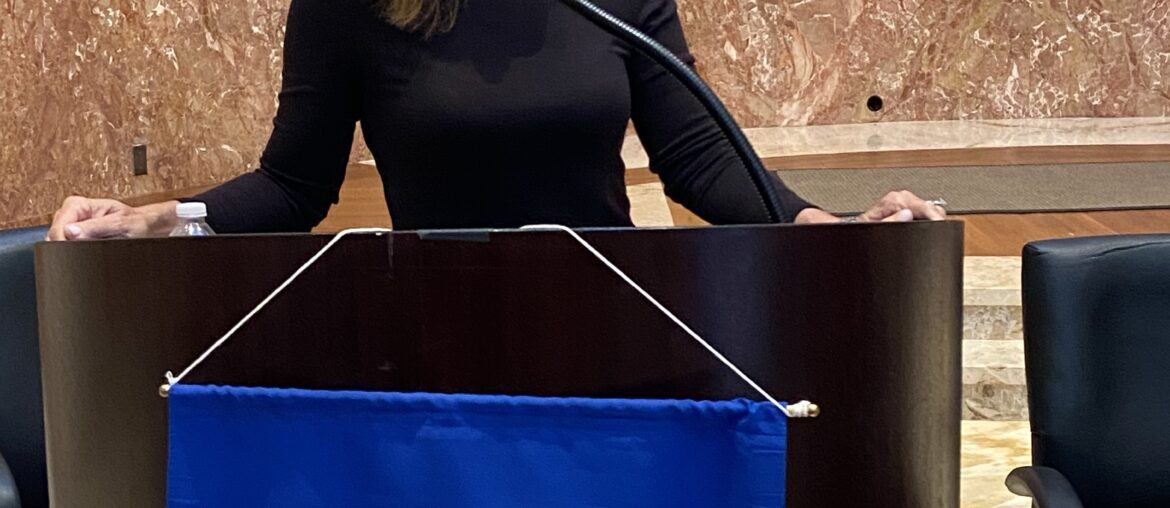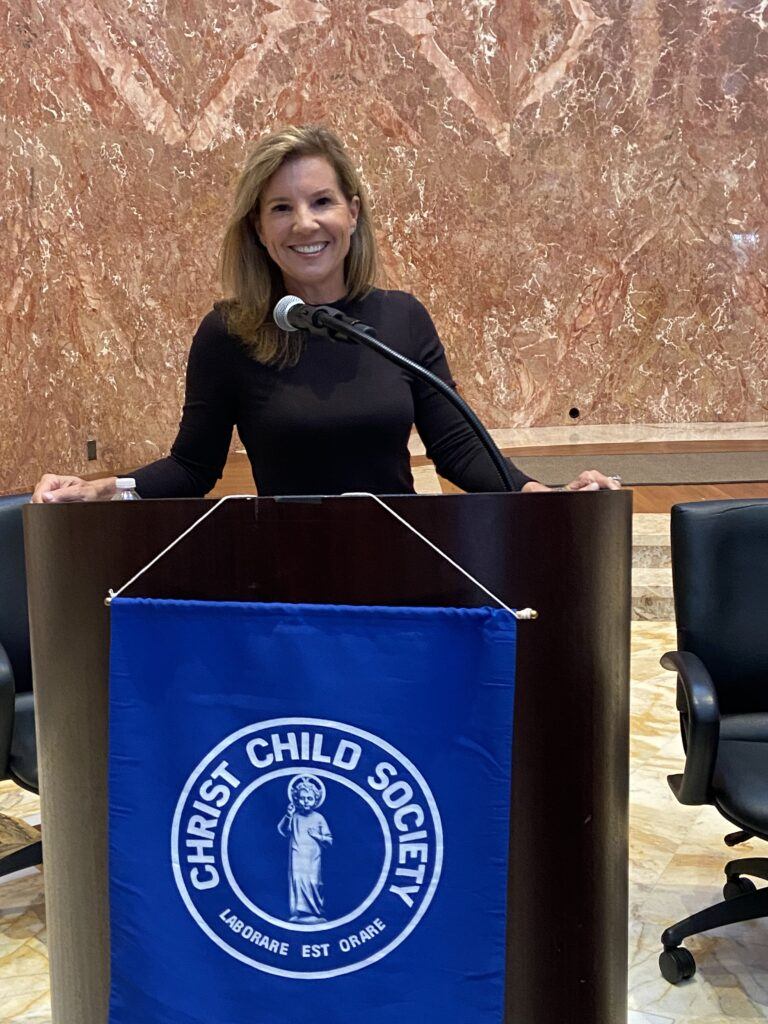
I hope everyone had a great Thanksgiving, Black Friday, Cyber Monday and a terrific Giving Tuesday! I’m so grateful to have today’s guest to remind us why we call this the season of giving. Join us as Cindy Witteman shares her journey from fleeing domestic violence, becoming a single parent then a nonprofit founder, author and tv show host of The Little Give.
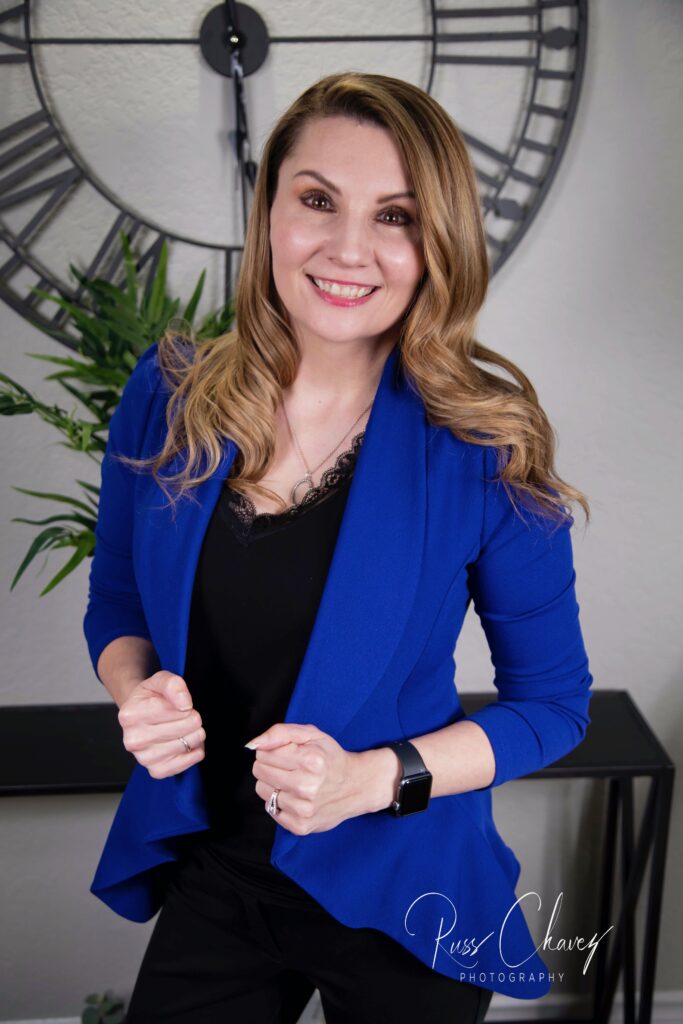
Cindy is a bright light, a survivor and someone who will inspire you with her purpose for giving back and the incredible story of her nonprofit, Driving Single Parents.

Here are a few highlights from our conversation:
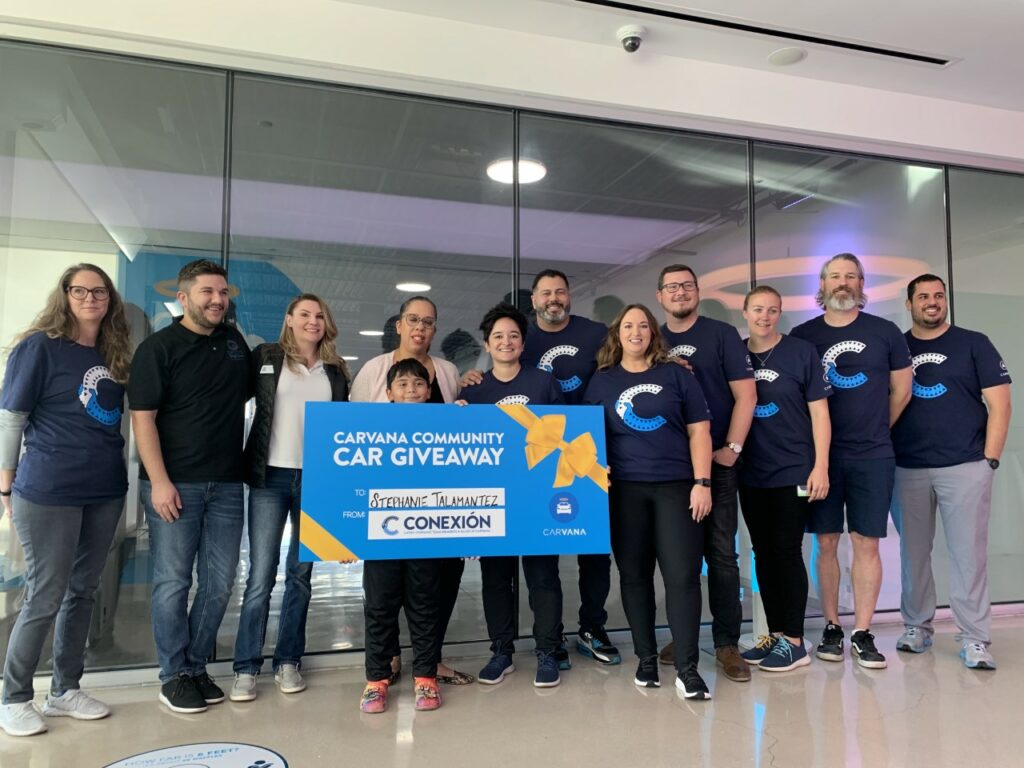
Charity Matters: Tell us a little about what Driving Single Parents does?
Cindy Witteman: What we do at Driving Single Parents is we really get people back in the driver’s seat. So since being a single parent is one of the hardest jobs you can possibly have, and doing so without a car can be very difficult. So our mission is really to get those single parent families back in the driver’s seat.
We actually give single parents a free vehicle at no charge to them, including tax on license. Everything is taken care of the only thing that single parents are responsible for is to obtain and maintain car insurance. And that’s not our role.

Charity Matters: What was the moment you knew you needed to act and start Driving Single Parents?
Cindy Witteman: I came from a single parent home. We had a lot of challenges financially, my mom was disabled, she was unable to work. So we were limited by some child support, government assistance and my mom also got a disability check. So we really didn’t have a lot of fun growing up.
I decided to escape that situation and start a family my own with a white picket fence. Well, unfortunately, that didn’t happen the way I had planned. I ended up in a domestic violence marriage. That was a really hard time. The hardest time was feeling trapped. Being a single parent was the last thing on my list of things to do. Well, I thought since the abuse was only happening to me, that I could make it work. I could cook a little better, clean a little better and do things a little better. And if I did those things, then everything would be beautiful and wonderful. Unfortunately, that didn’t happen.
One day, I was a stay at home mom folding a load a load of laundry and Dr. Phil came on and he said, ” It’s better to come from a broken home than it is to grow up in one.” The minute I heard those words, it was almost like as if he was speaking directly to me. I literally stood up, I got a basket of clothes, a bag of diapers, my daughter’s and we escaped that situation. I distinctively remember strapping my daughter into the car seat, who was five months old at the time, and thinking, “Wow, am I really going to do that? How am I going to do this? This is going to be so hard.” I did it. I worked two jobs myself through college.
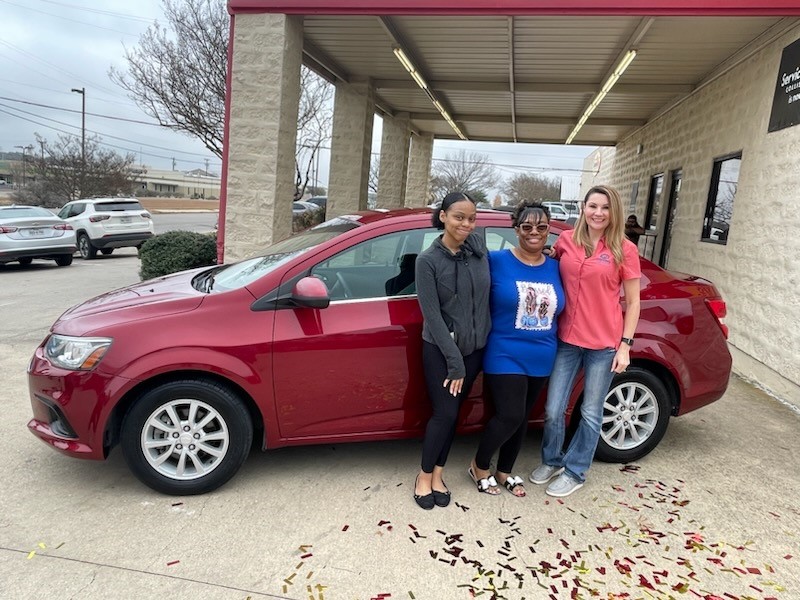
I had this nagging tug on me to give back and I always thought, one day when I get a better place, I’m going to find a way to help single parents succeed. And I went through a lot of struggles with childcare. It’s just really hard to be a single parent especially when you don’t have that support from the other parent, that child support, or any financial support. If a kid is sick at school, they don’t have anybody to go pick them up but yourself which means you miss work. So I just really had this passion to really want to give back.
Once I was in a little bit better place, I got out of school and had a stable job. I said okay, now I can start thinking through how I’m going to give back. So I thought I’ll start a nonprofit. At first, I wanted to focus on childcare. I wanted to do childcare. Well, I ran a poll here in San Antonio, Texas where I live, and nobody could get excited about a nonprofit that helps with childcare. There’s this misunderstanding that it’s government assistance already takes care of that. There’s lack of funding, there’s long waiting lists. And so it’s not not the easiest thing to get.
But again, what is a good nonprofit if you don’t have anybody to donate to it, right? So I knew I had to pivot. So I started to think what was my second need? And I distinctively remember, I was actually at dinner one night, and I literally stood up at the table, and I was like,” That’s it! I’m gonna give away cars to single parents.” My fiancee said, “Oh, Cindy, now sit down, you are not giving away anything. Are you crazy? That the liability is just like outrageous.” I listened very intently to all of his concerns. And then I woke up super early the next morning, I wrote a business plan. applied for nonprofit status, built the website, and we’ve been giving away cars at Driving Single Parents ever since.
Charity Matters: What are your biggest challenges?
Cindy Witteman: Who would have thought it’d be so hard to do something so good? Well, it can be pretty challenging. So me being somebody who didn’t have any background in nonprofits. And I didn’t know anybody else who had founded a nonprofit. In fact, I don’t even think before that I had much money to give to a nonprofit. So I didn’t really know a lot about it, or how to do it. So I had to read audible books, I read a lot a lot of books and figured it out
Oh wait, I need a board of directors? Wait, I need to pick a name? So many things that I didn’t know that I needed in order to really get myself in a position to where it wasn’t gonna fail. You talk to a lot of people who have founded nonprofits, and they fail, oftentimes. It’s a small percentage that actually can keep it going long term. So I knew I had to find ways to make sure that driving single parents wasn’t going to be one of those. I worked really hard to learn everything I needed to know, and gather all the people around me who were able to get on board and really helped me grow it.
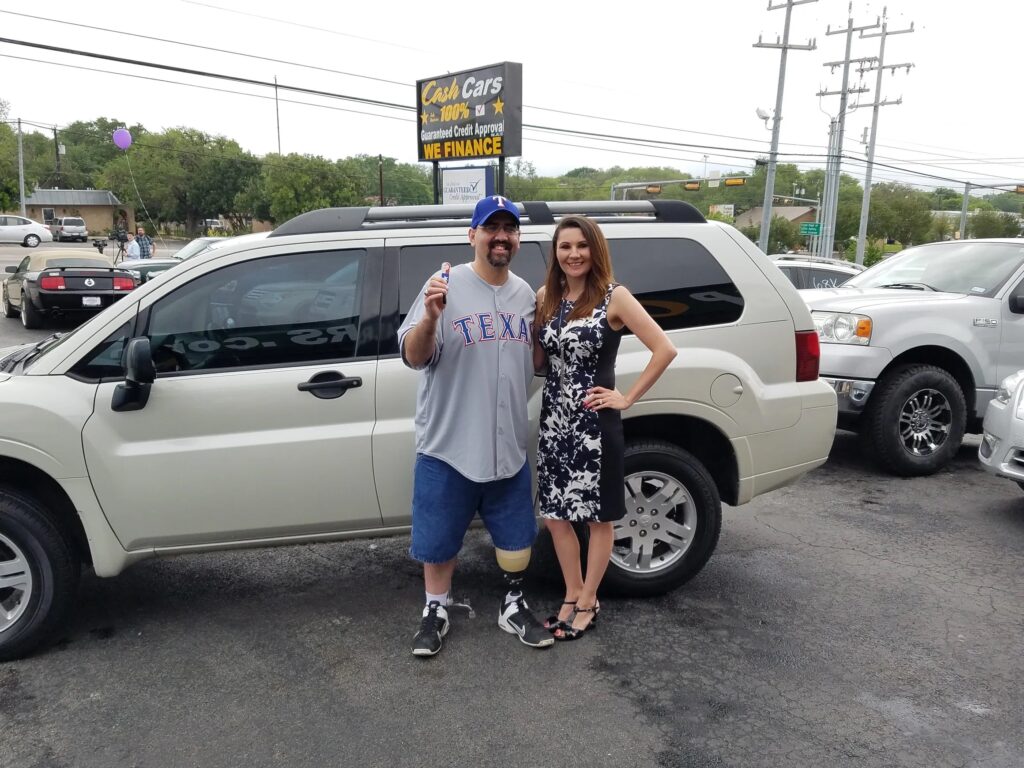
Charity Matters: When do you know you have made a difference?
Cindy Witteman: The very first car we gave away was less than a month after I had the idea. The person who received the vehicle was actually a single dad named John Cano. He was unfortunately, hit by a drunk driver. In that accident, not only did he lose his car, but he lost his wife, and he left lost his right leg. He really became a single dad overnight, and then also had these major handicap needs that he had to overcome.
The vehicle really served as that tool he needed to not only help him get his kids to and from where they needed to go, but also himself to get himself back in the driver’s seat and get that independence back. Because when you end up losing a limb, you’re reliant on everyone else. To be able to have healed enough to get behind the wheel of your own vehicle and to have that freedom can be really transformative. He has sent me pictures of his kids, graduating, doing band practice, or him and that was six and a half years ago. He still drives it to this day to this day, that very same vehicle. He’s just doing wonderful and his kids are flourishing. And so I’m just so grateful.
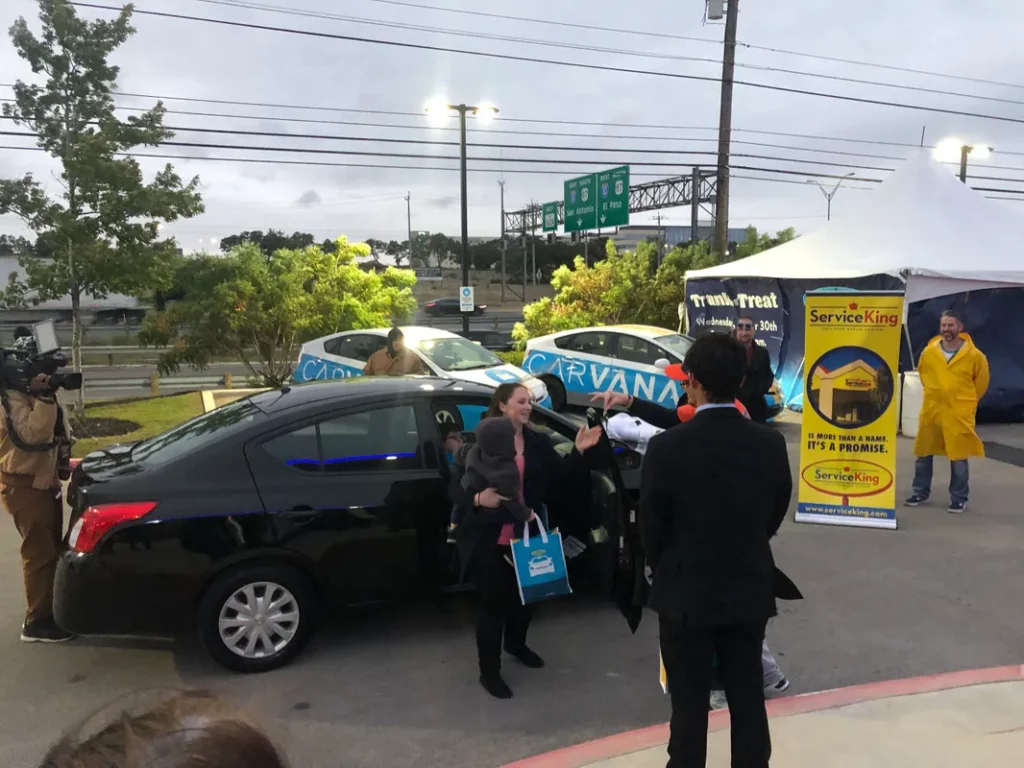
Charity Matters: If you could dream any dream for your organization, what would that be?
Cindy Witteman: I want to amplify our efforts, to help more people and to expand. I think a lot of misconception out there is that a vehicle is a luxury item. It maybe in some places but I’ll tell you here in San Antonio, Texas, it’s not. Oftentimes I get applications from individuals who have lost several jobs because they have to rely on public transportation. That public transportation doesn’t get you there where you need to be in a reasonable amount of time. It might take two or three hours for them to get on all the bus transfers, to get their kid to school, to get their kid the babysitter and then to get to work. It can really put out the single parents who ended up being unemployed. Dispelling all of those misconceptions are really one of the big missions
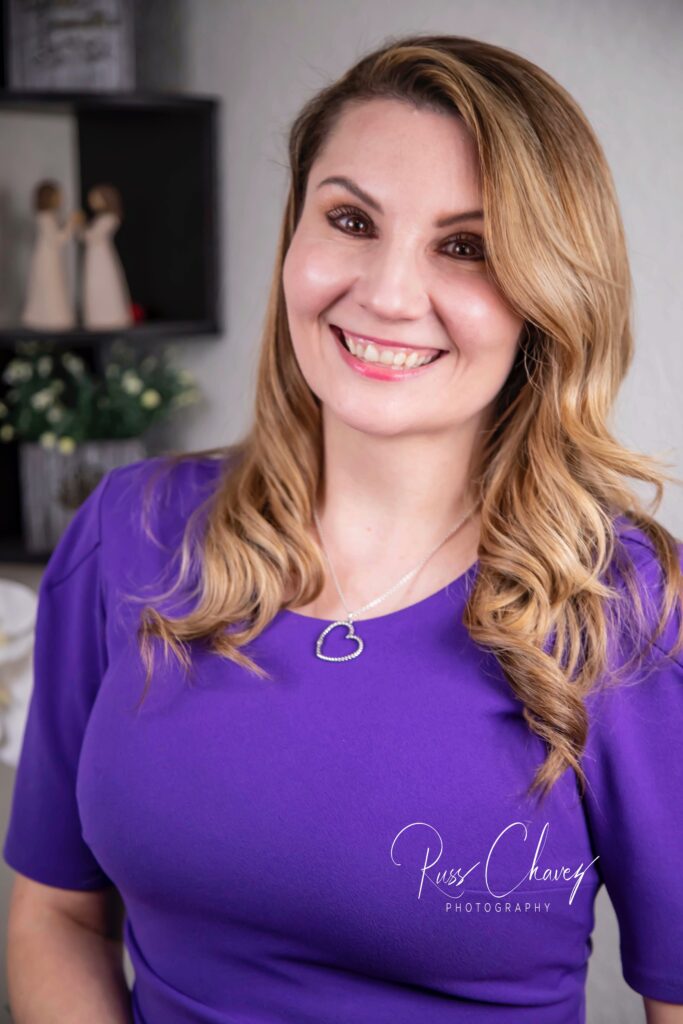
Charity Matters: What life lessons have you learned from this experience?
Cindy Witteman: Whether you think you can or you think you can’t, you’re right. That’s a quote by Henry Ford and it’s so true. Because if you believe you can do something you can and if you believe you can’t do something you can’t. And it really comes down to you and your beliefs. I’ve learned that I am not a product of my circumstances. I’ve learned that my past doesn’t define me. Sometimes I didn’t have groceries or food when I was a kid but that didn’t define me. I ended up in a domestic violence situation situation. And I realized that I could easily just say,” Oh, poor me.” Or I could say when nothing goes right, go left. As a result, I could build a life that was everything I ever wanted.
Charity Matters: How has this journey changed you?
Cindy Witteman: I think I change every day. You know, I think every single day I wake up, I don’t compete against anybody else in my life. I compete against myself. And I want to be a better person today than I was yesterday. And that’s something I work on every day. So I’m constantly changing. I’m constantly learning, I’m constantly growing. I’m constantly expanding my impact in whatever ways I possibly can.
CHARITY MATTERS.
YOUR REFERRAL IS THE GREATEST COMPLIMENT, IF YOU ARE SO MOVED OR INSPIRED, WE WOULD LOVE YOU TO SHARE AND INSPIRE ANOTHER. If you enjoyed today’s episode, please connect with us:
Copyright © 2023 Charity Matters. This article may not be reproduced without explicit written permission; if you are not reading this in your newsreader, the site you are viewing is illegally infringing our copyright. We would be grateful if you contact us.






